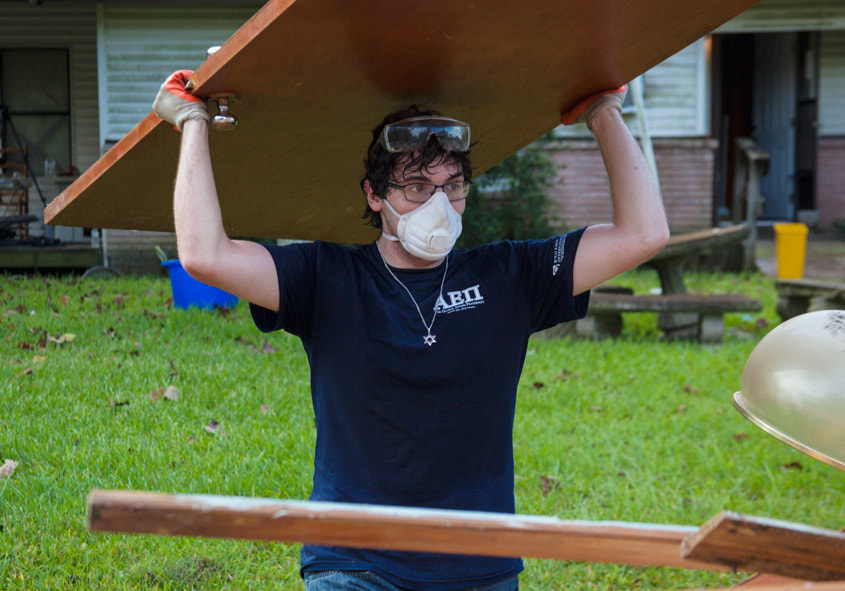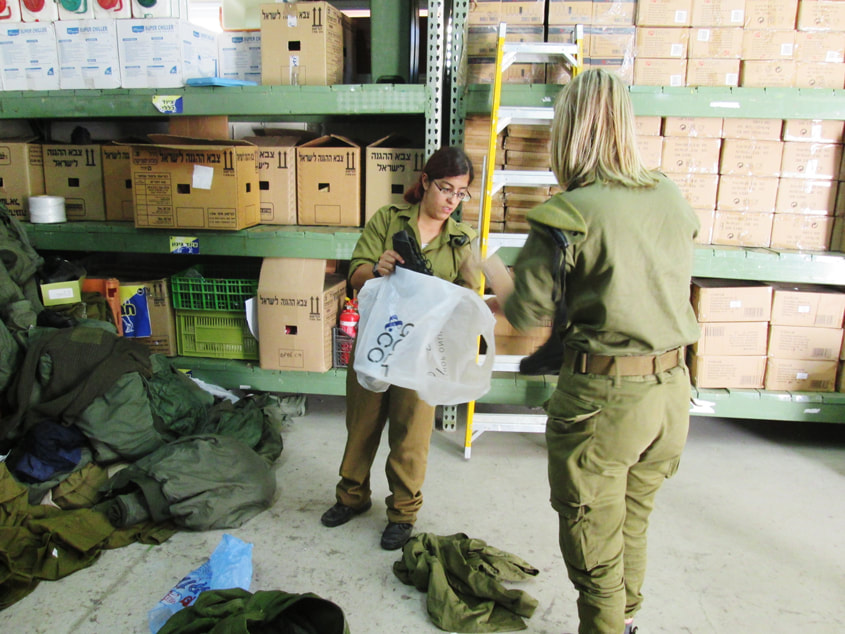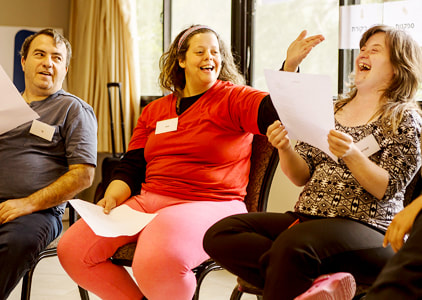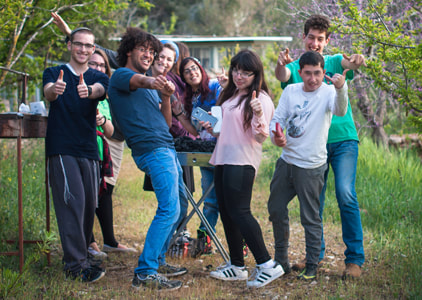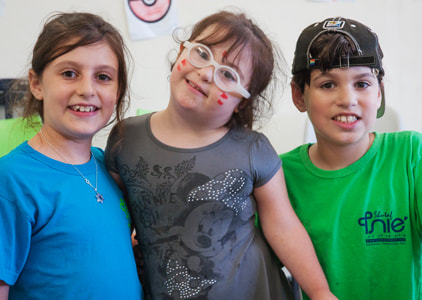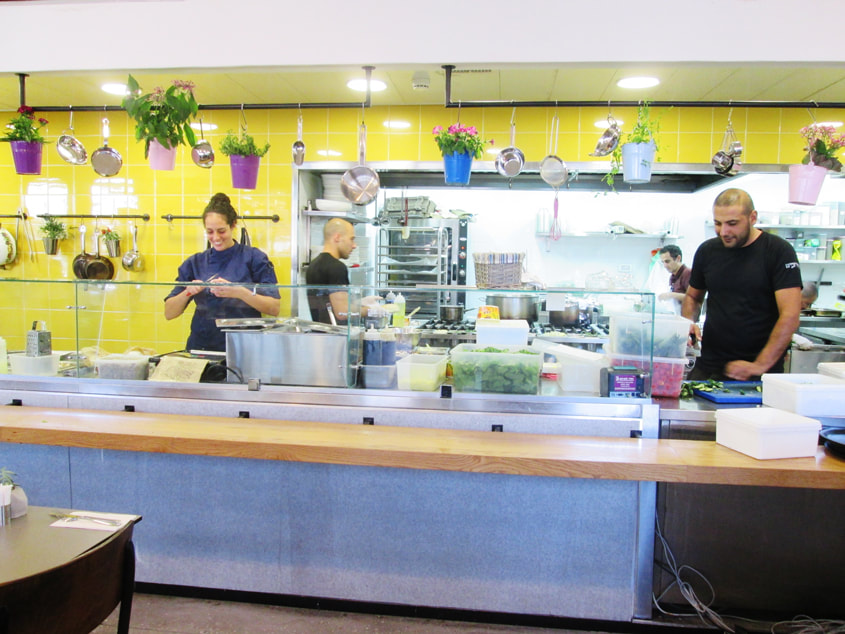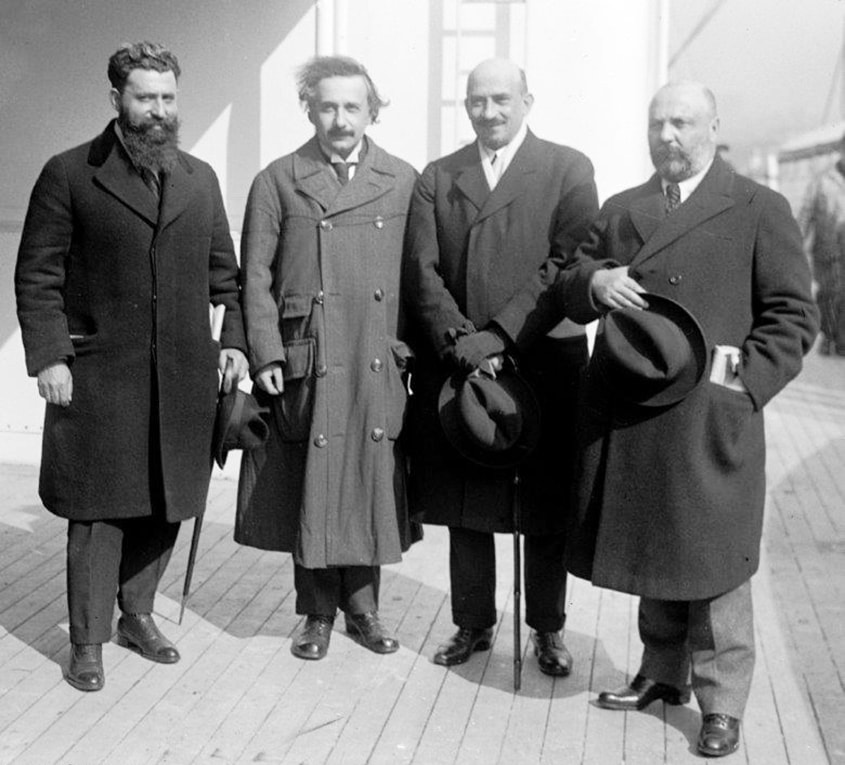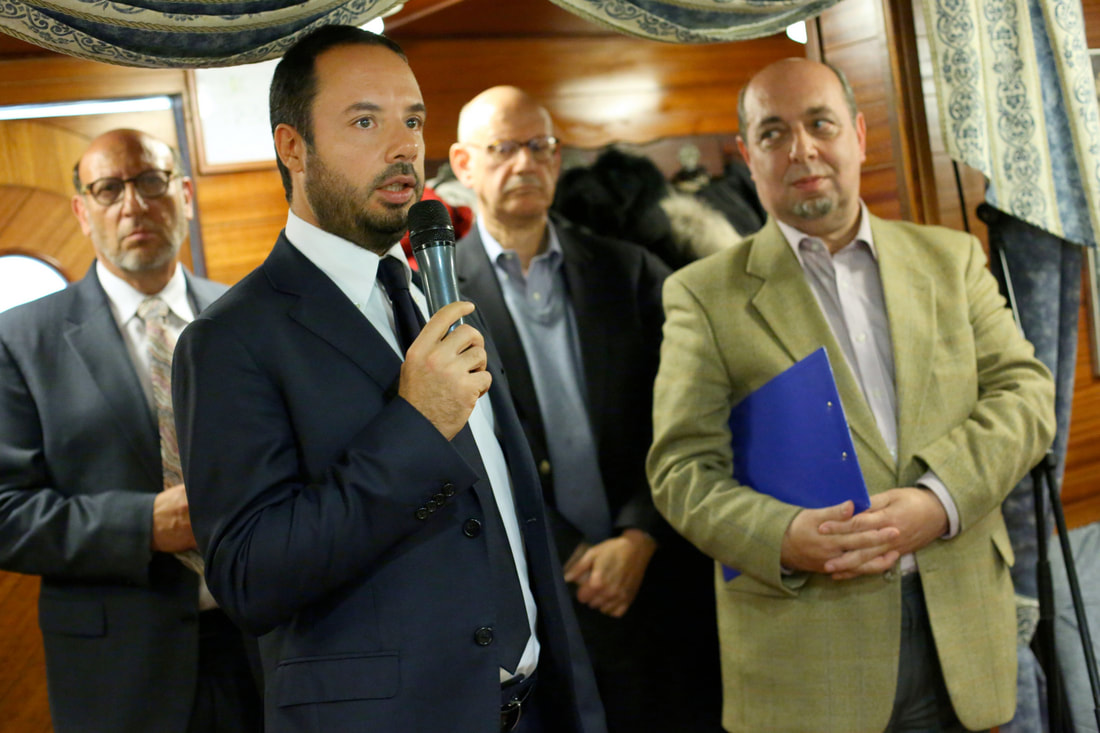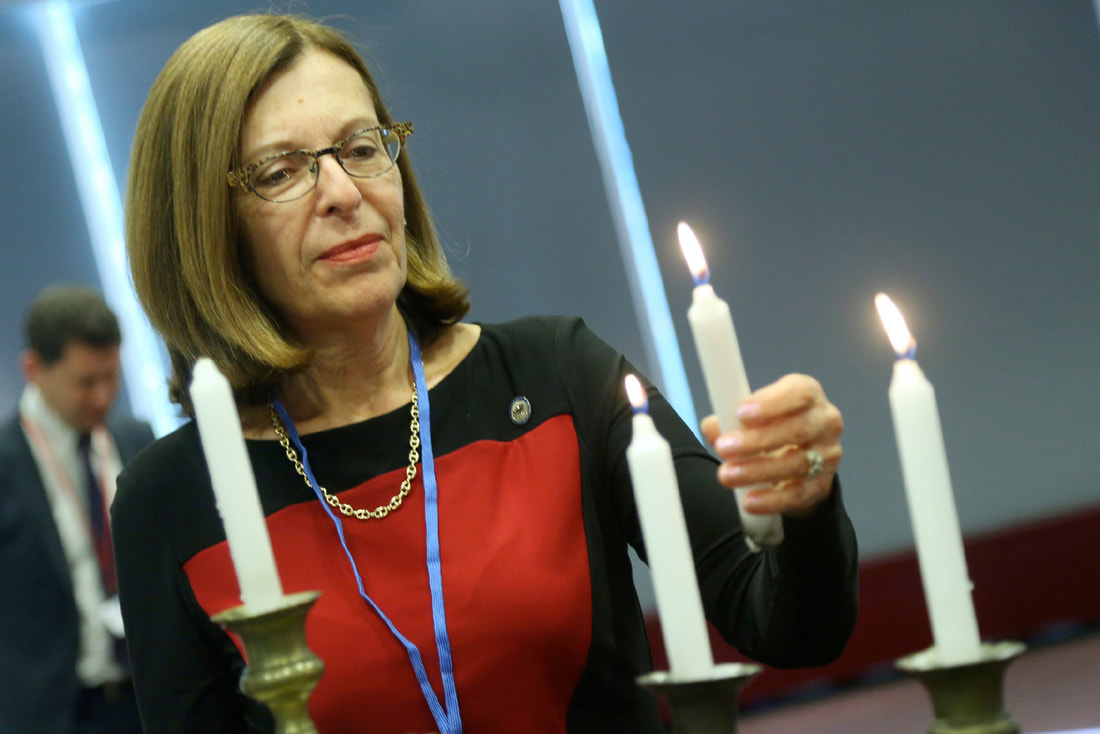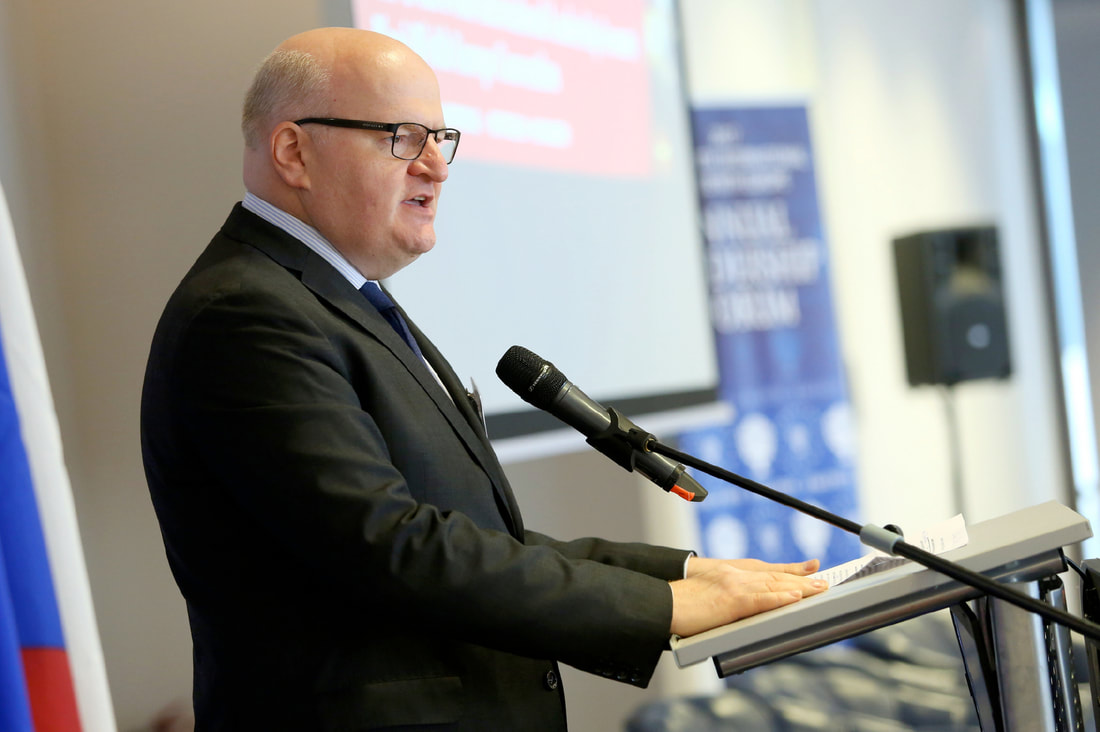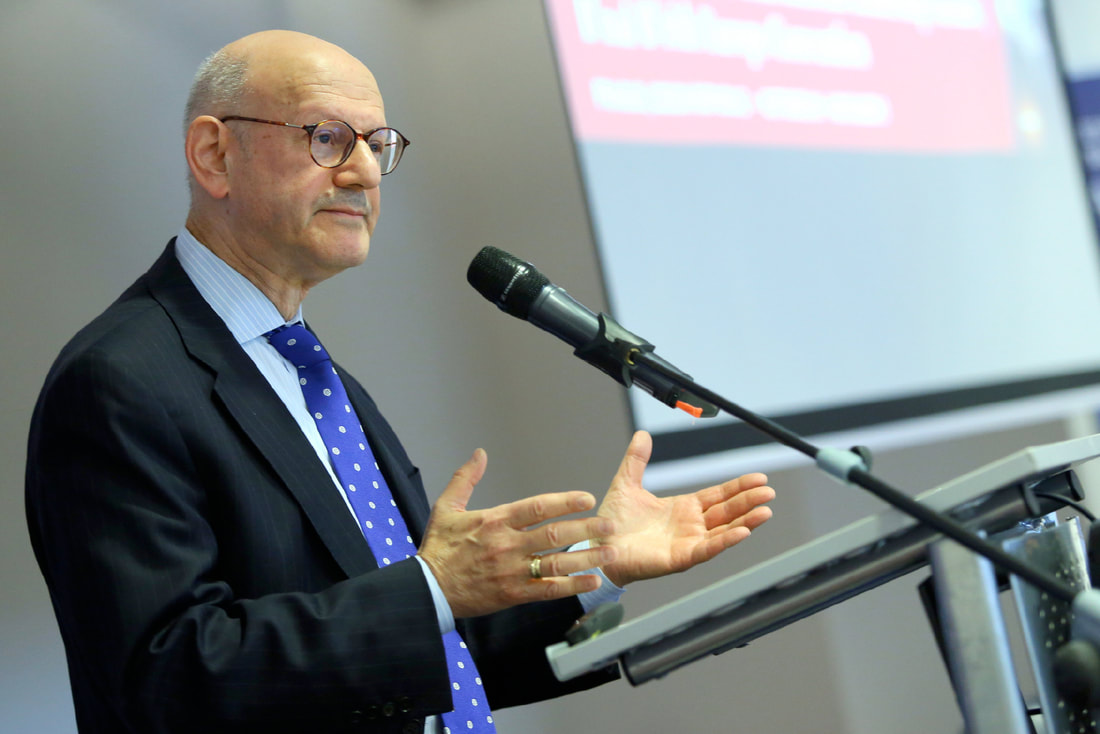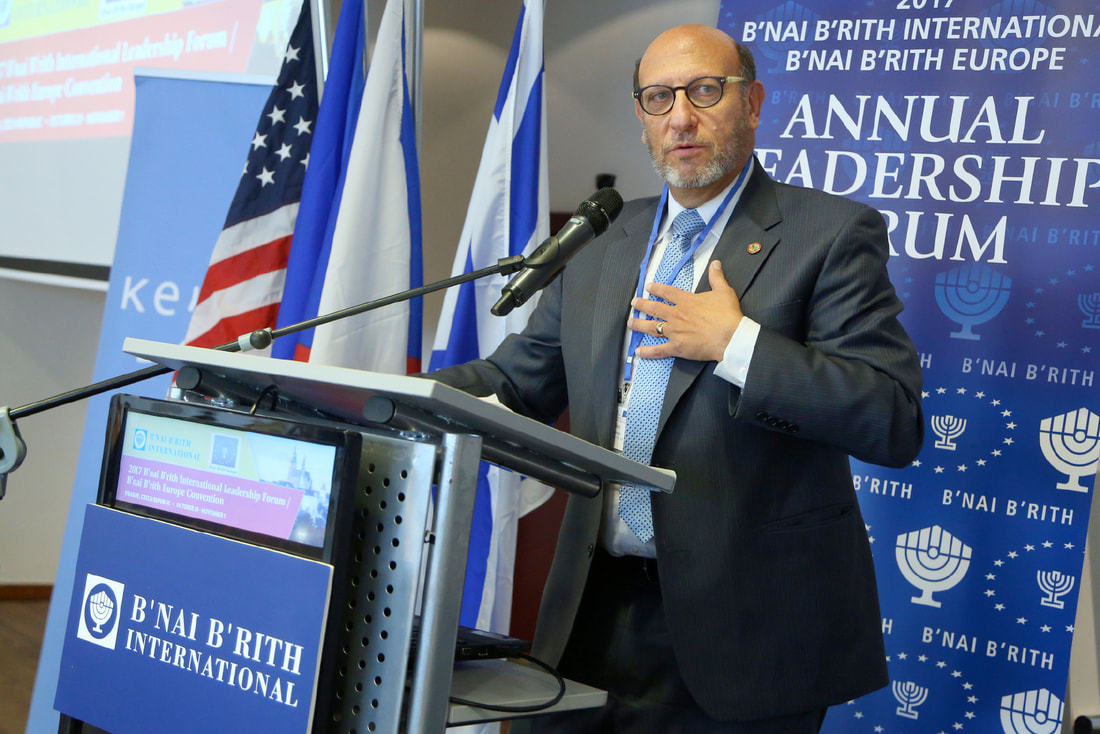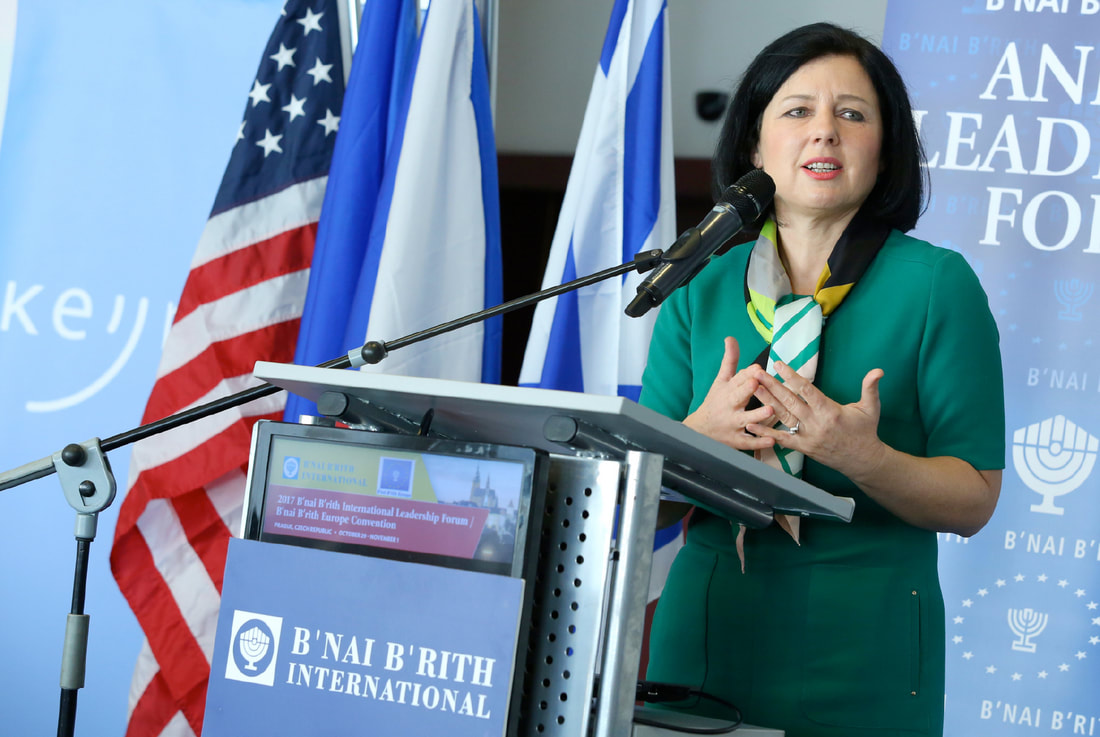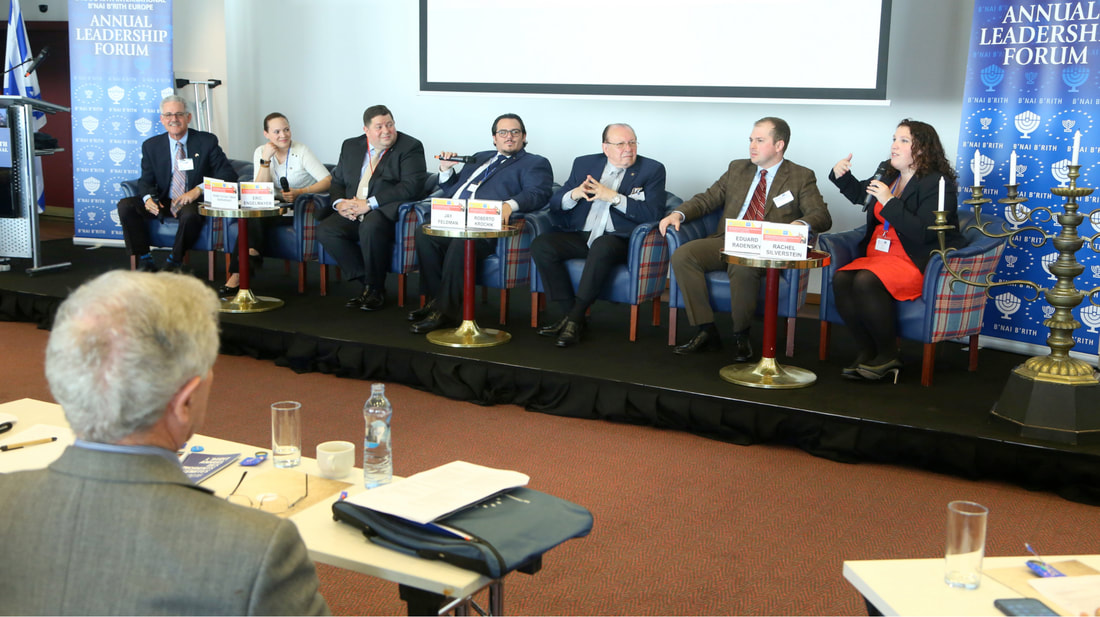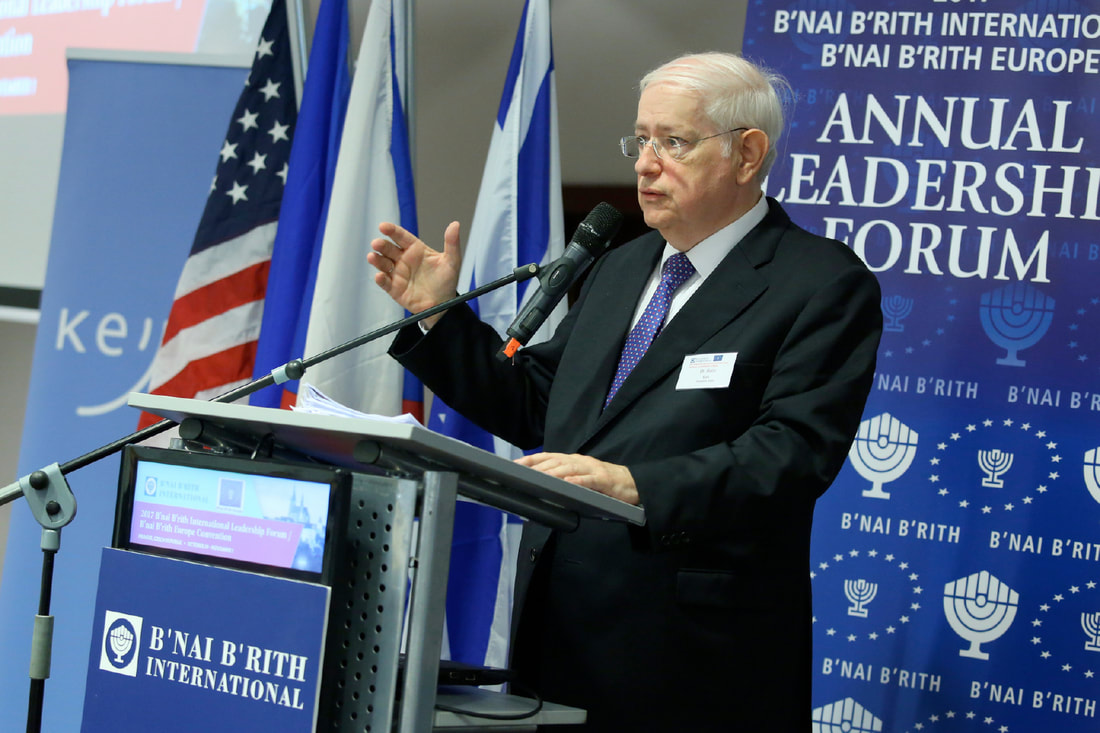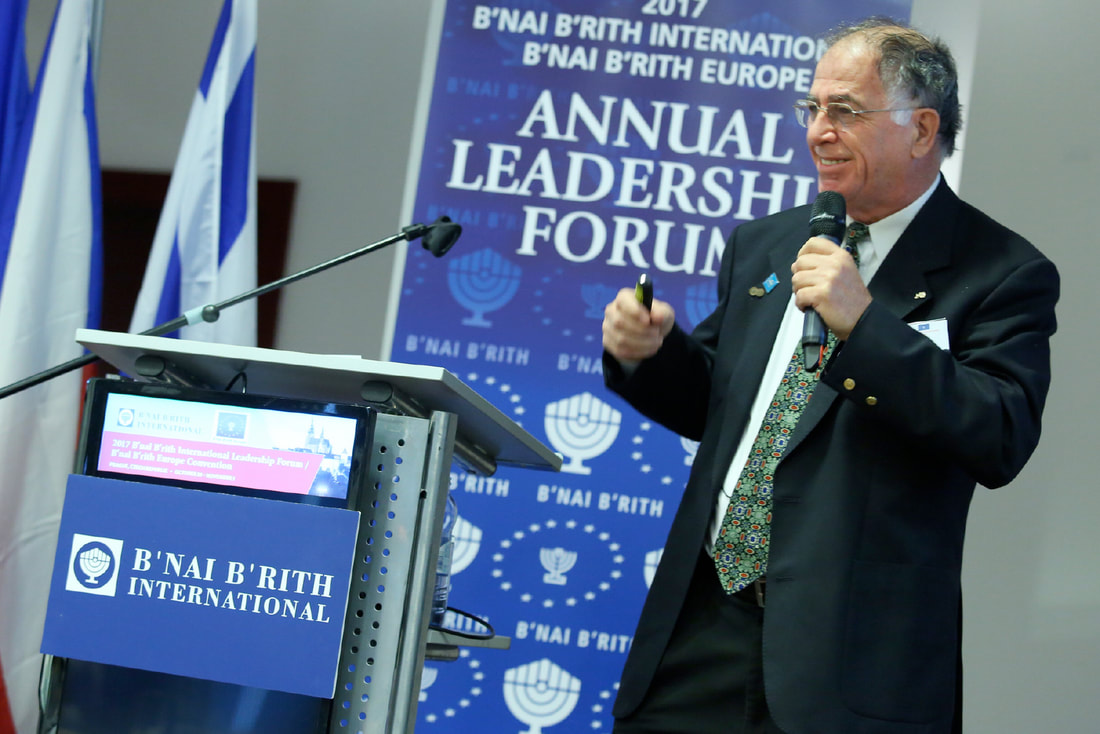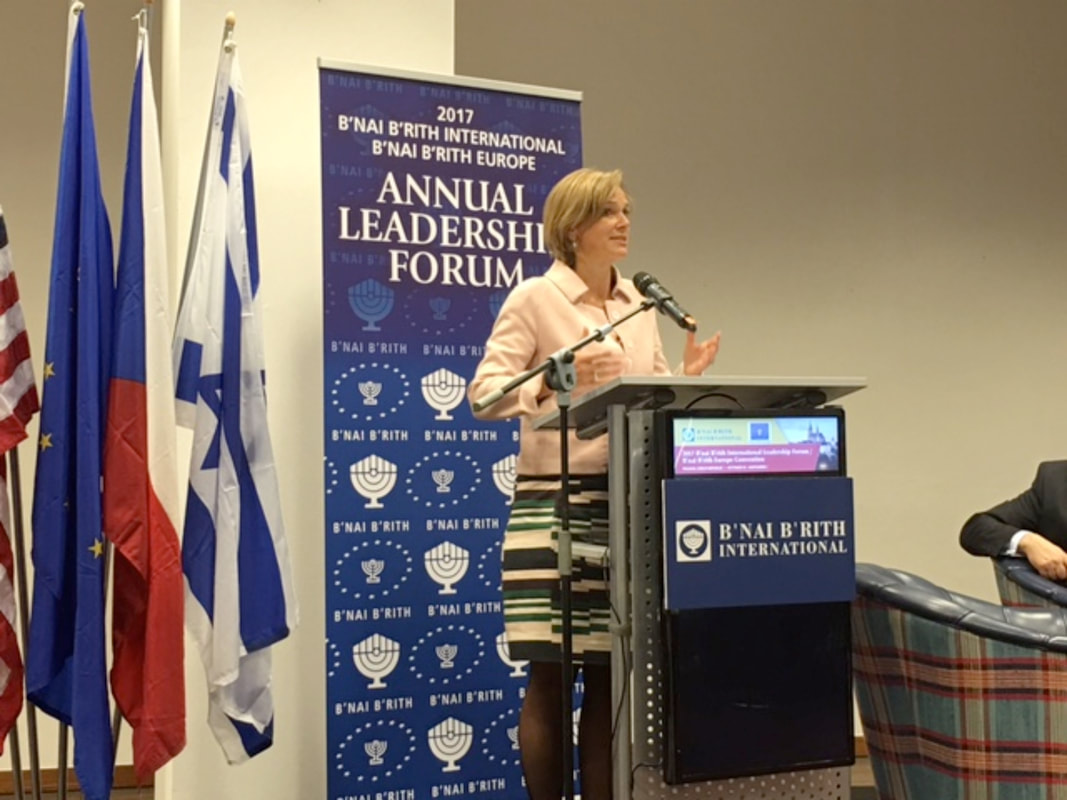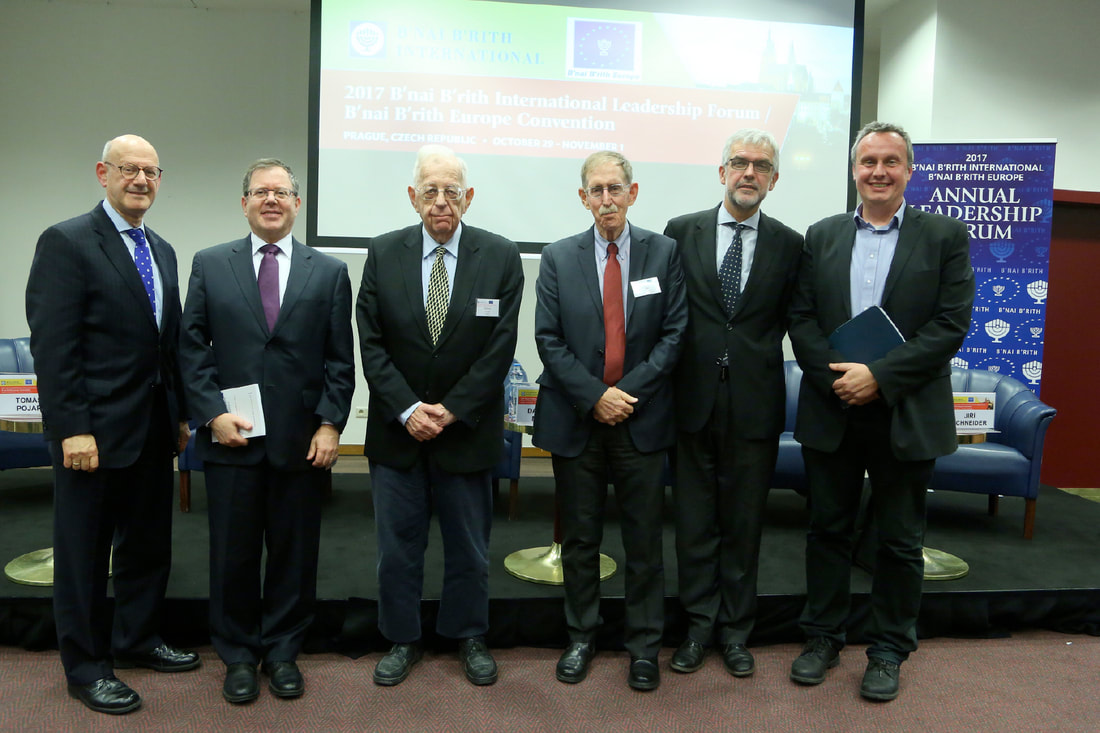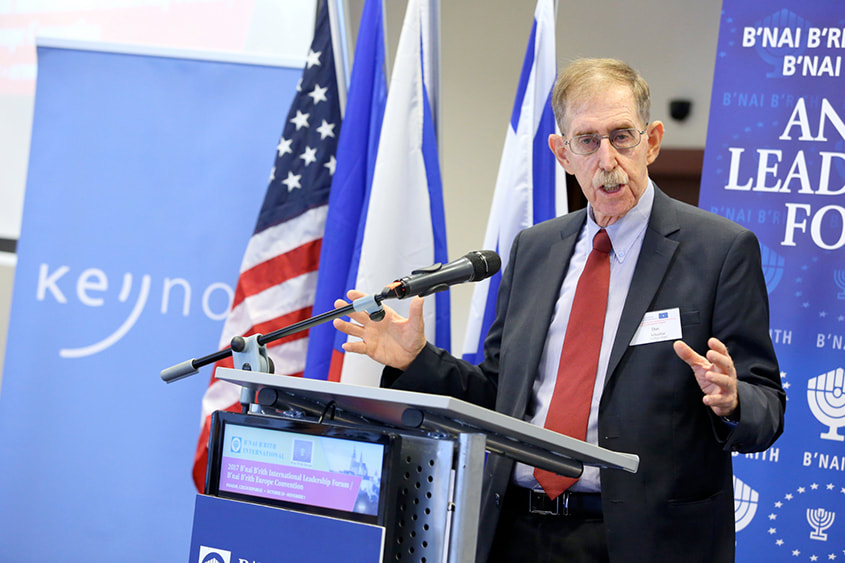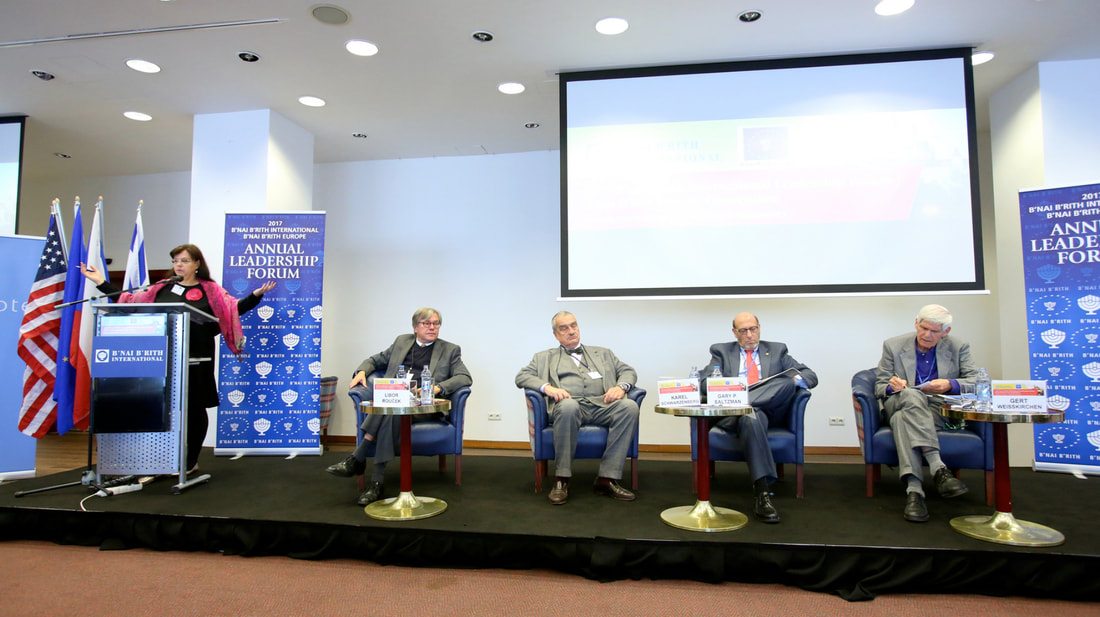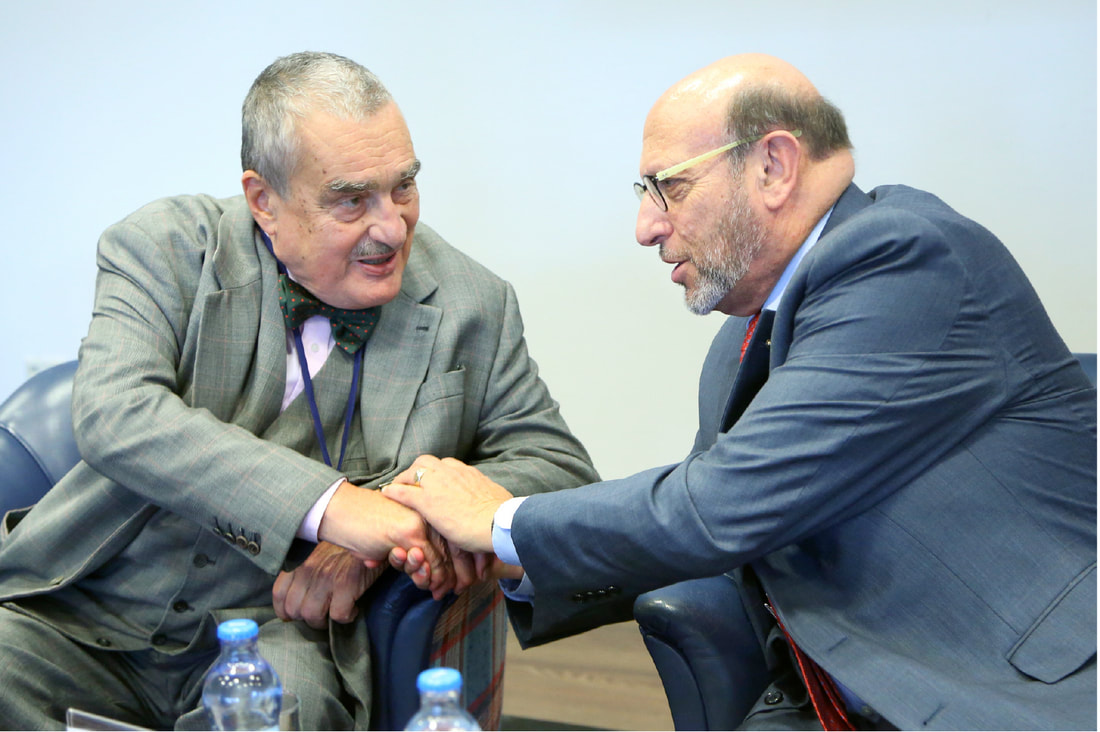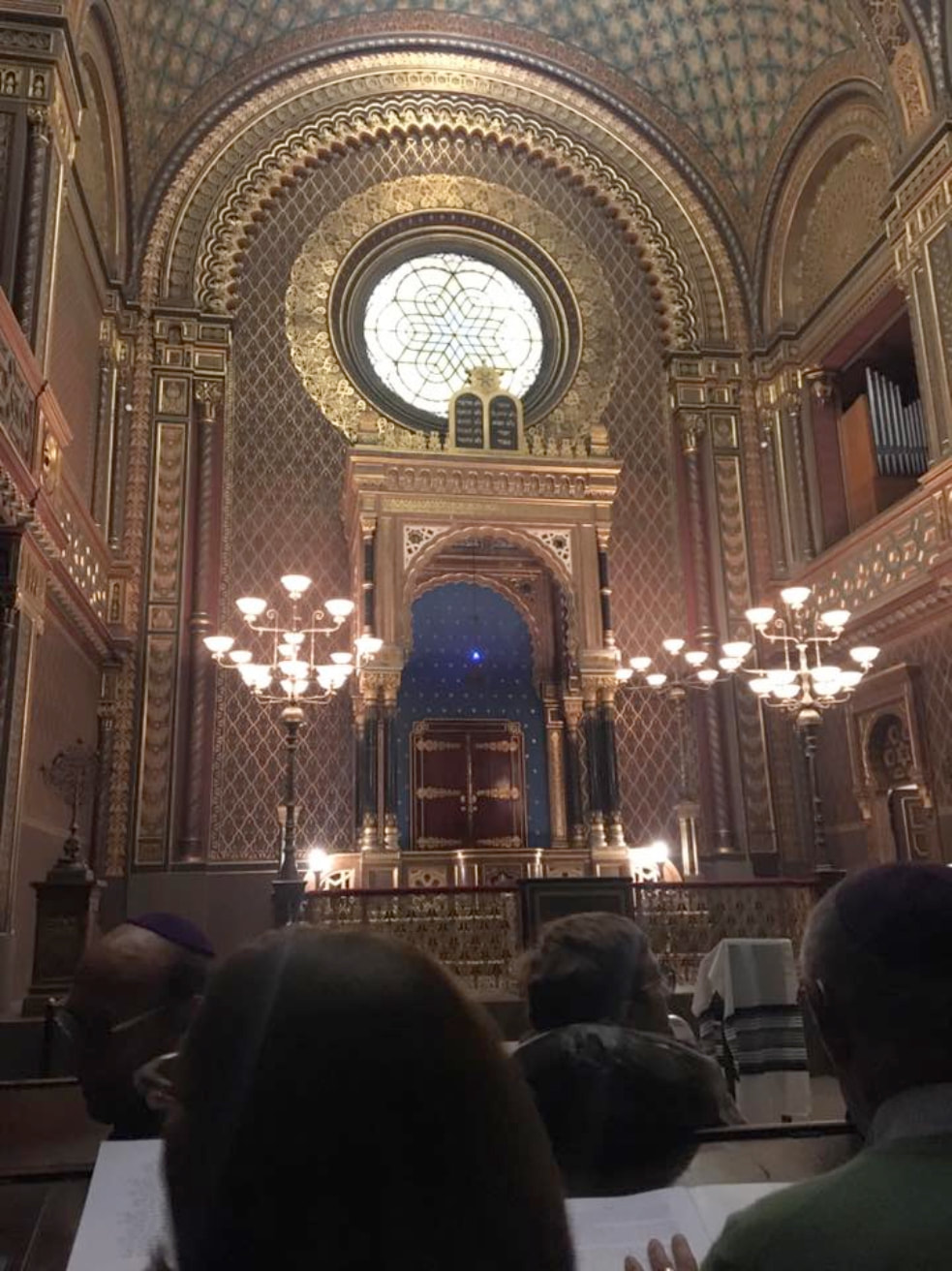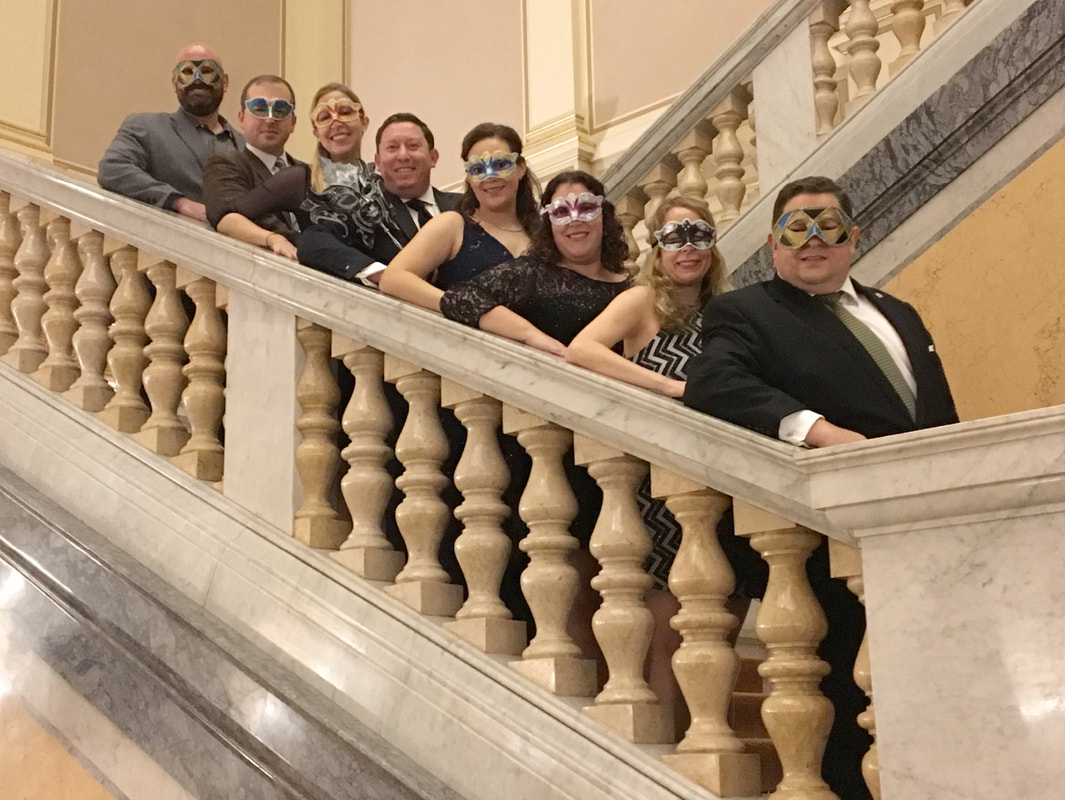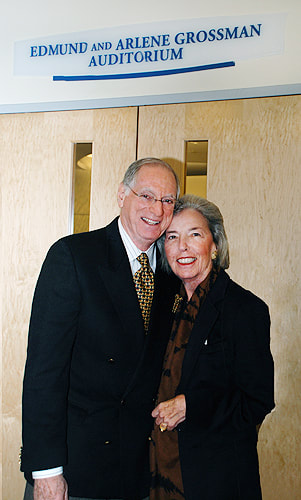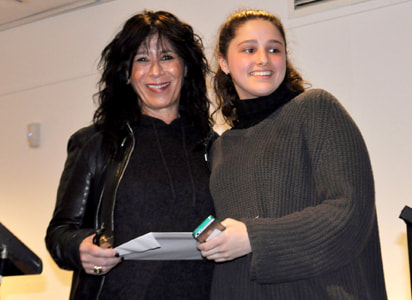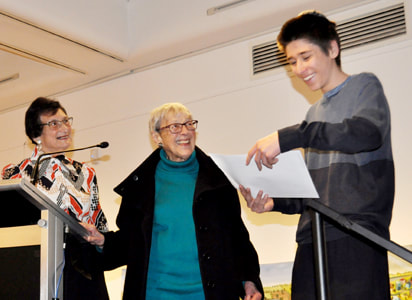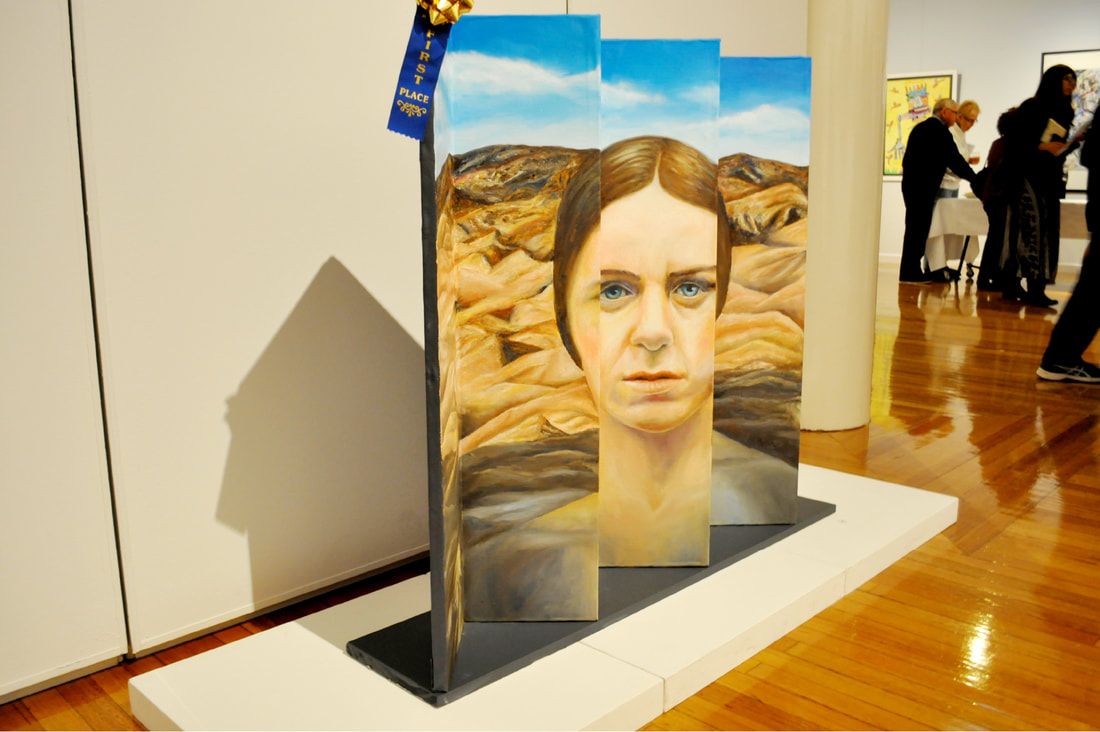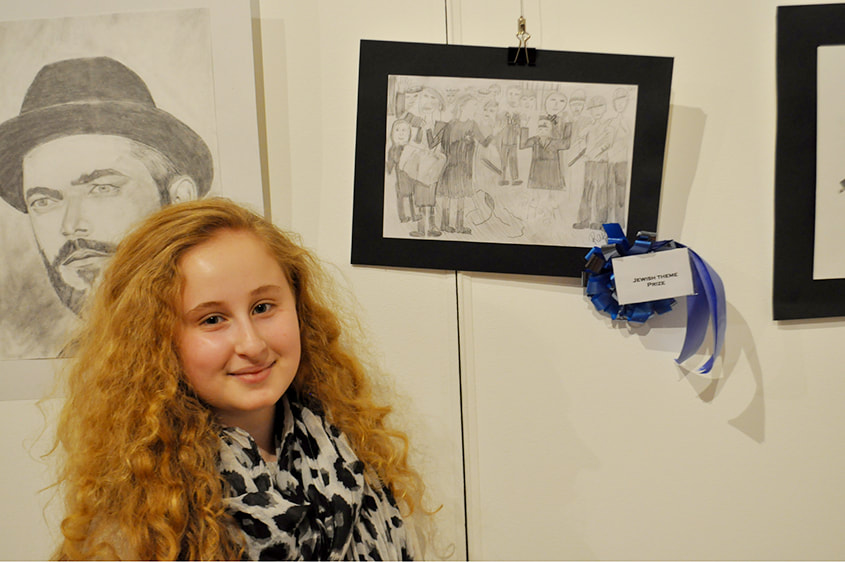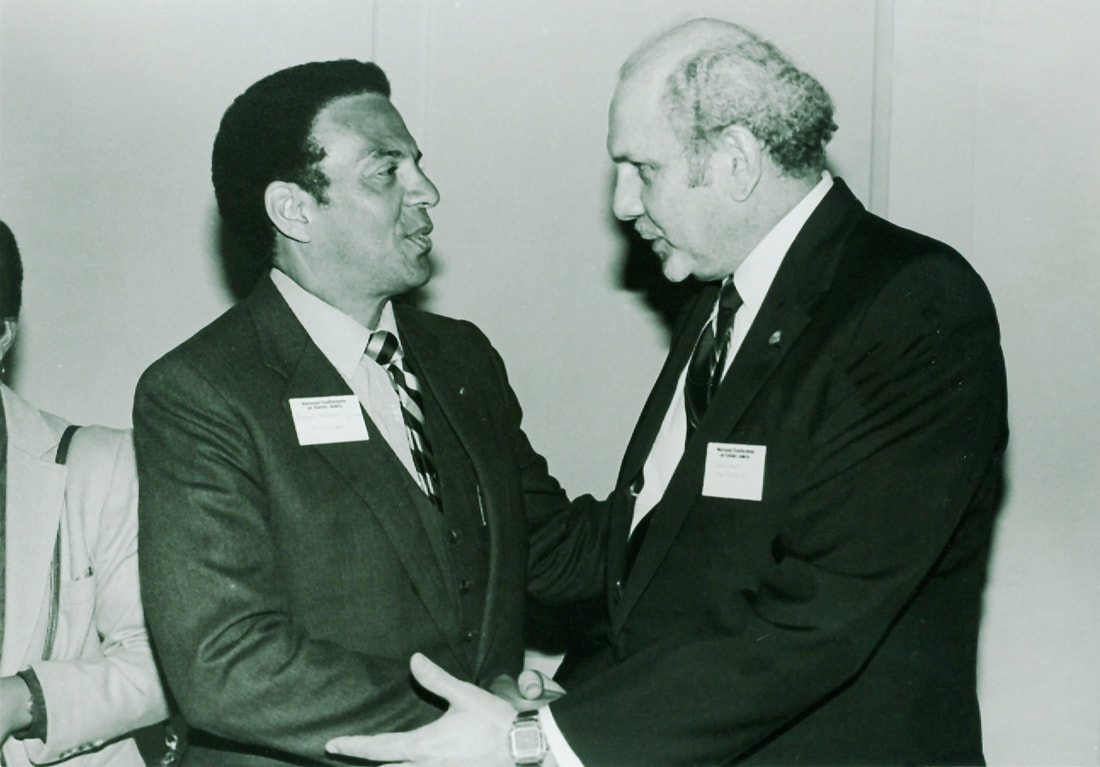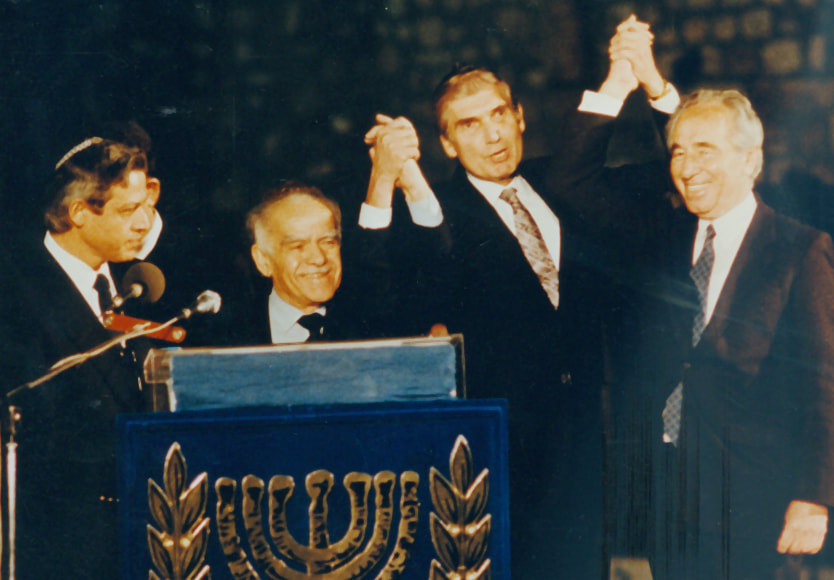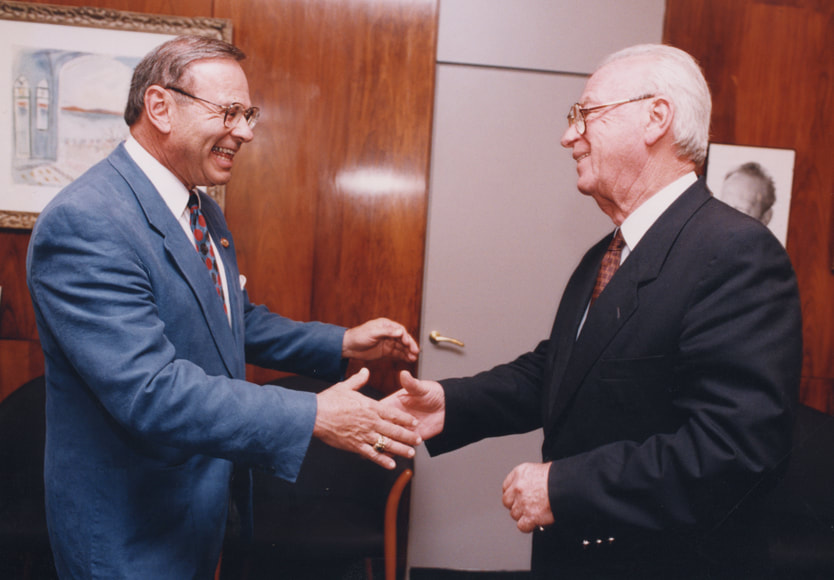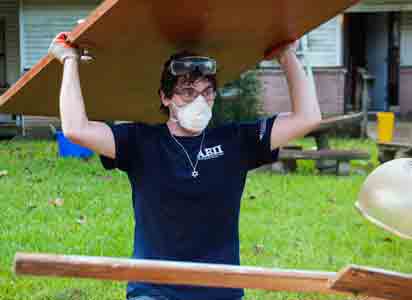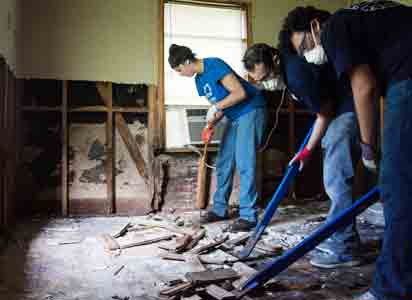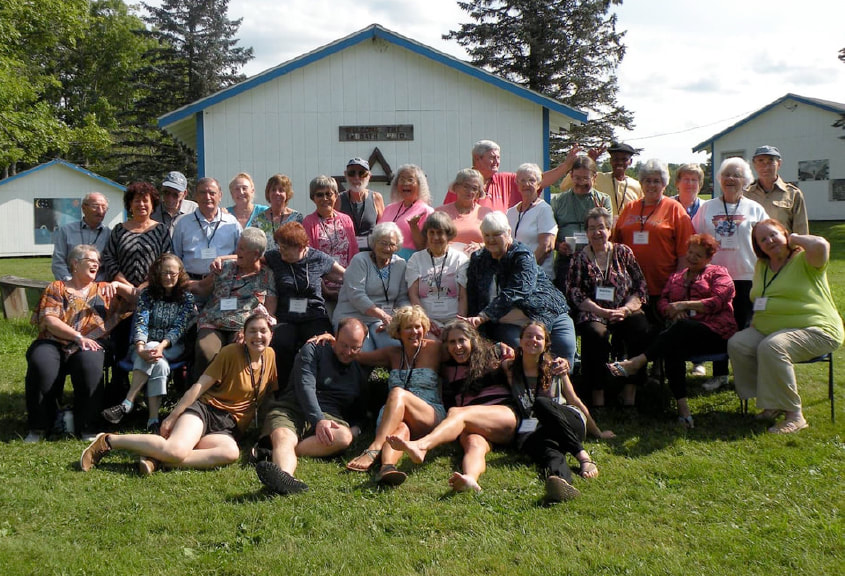 First held in 1987, from Aug. 2-8, 2017, the B’nai B’rith Resident Leadership Retreat brought 28 seniors to Perlman Camp in Lake Como, Pa. The goal was to empower these leaders and help them create a sense of community among their fellow residents. These representatives came from the 38 low-income senior housing facilities from across the country that B’nai B’rith proudly supports. For the full story of the Retreat and to enjoy the video and photo gallery, please click here to read the feature in Seniority Report, the Center for Senior Services newsletter:
http://www.bnaibrith.org/seniority-report-newsletter/seniority-report-august-2017#camp B’nai B’rith has teamed up with Alpha Epsilon Pi (AEPi) fraternity to provide funds and people-power to communities in need. We have been honored with a $100,000 grant from AEPi, specifically for disaster relief efforts. In October, B’nai B’rith organized events to put these resources where the need was urgent. AEPi fanned out across Houston to help with clean-up and rebuilding in the wake of Hurricane Harvey, which struck Aug. 25 as a Category 4 storm. Property damage was extensive, with thousands of homes, schools and businesses damaged or destroyed. Another partner organization, NECHAMA, coordinated the aid project and provided the equipment and housing for this clean-up assistance.
By Michele Chabin When soldiers serving at the Central Command army base in Jerusalem need a new uniform or a warm jacket, they go to the Quartermaster warehouse, located in a nondescript prefab building. Pvt. Batsheva Moalemi is often the soldier who assists them. On any given day, Moalemi takes inventory, orders new items, sorts through and organize piles of uniforms and paraphernalia dropped off by soldiers who have completed their military service, and searches through rows of labeled boxes of drab green army fatigues. When a female soldier recently asked Moalemi to find a pair of small-sized regulation army boots, the supply specialist pulled down several big boxes and searched until she found them. When Moalemi handed over the boots the appreciative soldier broke into a smile and exclaimed, “You’re a queen!” While any Israel Defense Forces soldier would appreciate such praise, it was particularly satisfying for Moalemi, who received an exemption from Israel’s mandatory military service because she has a disability but insisted on serving anyway. One of three triplets born prematurely, Moalemi, now 21, has a condition that has weakened her muscles, making it difficult for her to walk long distances and to carry heavy things. One of her triplet brothers has similar physical challenges; the other does not. Yet, all three are now serving in the IDF. “I was born in this country and want to be a part of this country,” Moalemi said of her decision to volunteer for military service through the IDF’s unique inclusion program. “I wanted to protect the country, and, although I’m not a fighter, in some ways, I think I am.” The fact that Moalemi and her brother with disabilities have the opportunity to serve in the military, just like their able-bodied brother, exemplifies Israel’s ongoing efforts to ensure an inclusive society. Making Inclusion a Priority On the grassroots level, many groups and nonprofit organizations are making inclusion a priority. Universities and synagogues are building ramps and installing listening systems for people with hearing impairments. Tzohar, a modern-Orthodox rabbinical group, is urging engaged couples to consider accessibility when choosing a wedding venue. For the first time since Israel’s establishment, most public transportation within Israeli cities (though not necessarily between) is wheelchair-accessible, as is the national train system. There is also a new law aimed at helping more people with disabilities enter the workforce (just 57 percent are employed), and there are ongoing partnerships with the Joint Distribution Committee, a Jewish relief organization, and several non-governmental organizations to develop programs that bring about inclusion in the community. In an important move, the government recently began offering the same stipends to people with disabilities who want to live on their own, or with just a roommate or spouse, that it offers to people living in group homes or institutions with five or more people. Avital Sandler-Loeff, director of the Israel Unlimited, a developer of innovative services and programs for people with disabilities, says Israeli legislation in this area “has become very progressive” in recent years. “There is good legislation aimed at inclusion in regular schools, and a great basket of services now available to people with psychiatric disabilities,” he said, thanks to a 2015 amendment that requires health insurance companies – and not the bureaucratic Ministry of Health – to provide mental health services on par with other services. Unfortunately, Sandler-Loeff said, the law is not inclusive enough. Yotam Tolub, director of Bizchut: The Israel Human Rights Center for People with Disabilities, an organization that has lobbied for and helped draft most of Israel’s progressive inclusion laws and regulations, agrees that Israel’s policies are a major step forward but still fall short. “There’s much more acknowledgement that if you’re blind or deaf you have the right to live independently in the community and not in an institution,” he says. That’s also true for people with mental health challenges, Tolub said, noting that the majority of Israelis with these conditions live in the community and, unlike in the past, not in a psychiatric facility. During the past year, hundreds of activists have taken to the streets and blocked major highways in their wheelchairs in well-publicized demonstrations to demand an increase in disability benefits. Israelis who are considered fully disabled receive a monthly stipend of just $660. In September, an agreement reached between the government, disability rights activists and the Histadrut labor union stipulates an increase to nearly $1,300 in 2019, but it is unclear how the government would fund it, the Jerusalem Post reported. Tolub noted that the poverty rate in the disabled community in Israel is “very high, as in most countries,” due to low stipends and a much higher rate of unemployment. Jay Ruderman, president of the Ruderman Family Foundation, which supports dozens of inclusion initiatives in the United States and Israel, said Israel still lags behind the U.S. when it comes to allowing people with disabilities, especially intellectual and physical, to live in the community where they want and with whom they want, with appropriate government-funded supports like transportation, training and caregivers. “It’s actually less expensive to house someone in their own apartment in the community with the appropriate supports than it is to run an institution,” Ruderman said. The Grass Roots Steps In When the government doesn’t step in, small grassroots organizations like Shutaf try to fill the void. Determined to ensure that their children with learning disabilities would not be segregated from their typically developing peers, Beth Steinberg and Miriam Avraham created Shutaf, which brings together 300 children, teens and young adults of all abilities from a variety of religious and ethnic backgrounds. Today, the organization, which receives no government funding, includes a fully inclusive summer camp, as well as after-school activities. “We wanted to create not just a camp but a place where you can build community. To do this, you need to start from childhood,” Steinberg said. “When the kids who were in the program go into the army and succeed in their independence, it’s a fantastic feeling.” Too often, Steinberg says, “the burden of inclusion is on the backs of the parents.” Tolub said people with disabilities have had to fight for their rights, “because in Israel, as in many countries, there’s still a lot of pity, and the notion that helping someone with a disability is a chesed,” an act of kindness, “and not an obligation.” Many Israelis “still believe they should be secluded in institutions.” SHEKEL (Community Services for People with Special Needs), a sprawling organization that receives 65 percent of its funding from government agencies and national foundations and the remainder from donations, assumes some of that burden. SHEKEL trains and provides employment, both inside its vocational centers and in cooperation with companies and offices; it also supports more than 100 community apartments and offers educational resources for people aged 18 and over with a wide range of special needs. It also creates accessibility master plans for government and local authorities and provides protocols and training for public and private bodies to make services accessible for people with sensory and cognitive issues. Yifat Baruch is an illustrator and graphic designer who works at SHEKEL’s design studio, which produces everything from high-quality bar/bat mitzvah invitations to trivets. She said that relatively few mainstream workplaces are prepared to hire people who, like her, use a wheelchair. “I once had an interview at a hi-tech company, but instead of hiring me because I would have been an asset, they asked, ‘What will you do if you need to go to the bathroom?’” she recalled. During a visit to one of the shared apartments run by SHEKEL, 36-year-old Yafit, who lives with three other women, said that in the past year she has learned how to go to the bank to deposit her paycheck and withdraw money, and to pick up prescriptions from her HMO. “It feels good to be so independent,” she said. Her apartment mates, who are also employed, smiled and nodded in agreement. Serving More Than Food
On the ground floor of SHEKEL’s Jerusalem headquarters, the organization has created an attractive, modern restaurant called Harutzim where 16 young adults with various cognitive challenges, including autism, have learned to cook, make coffee, run a cash register and maintain a restaurant with dishes that are well-prepared and highly-rated. Half of those trained now work in professional settings. The restaurant attracts shoppers and other local people, “many of whom don’t realize this is a restaurant that trains and employs people with special needs,” said Sharon Simmer, SHEKEL’s director of resource development, marketing and communications. Standing next to the café’s coffee machine, Roi, an affable 28-year-old man employed through the inclusion program, said working at Harutzim “is fun. I have friends here and enjoy being part of a team.” Pointing to the café’s bright, clean open kitchen, Noa Zweber, who trains the workers, said Harutzim “is a restaurant that shows that people with disabilities can work. Unlike some restaurants, where all they do all day is clean, here they have the same rights and responsibilities as any other worker.” On the SHEKEL building’s second floor, several young men and women with Autism Spectrum Disorder or Asperger's participate in a program run by Mobileye, the Jerusalem company whose vision-based navigation system is contributing to the development of driverless cars. The company runs a paid training and employment program for young men and women at the top of the autism spectrum who spend several hours a day watching video footage of roads and identifying the location of street signs for future use by the navigation system. Eli Schreiber, 24, has been doing this job for almost two years. After graduating from a mainstream high school, Schreiber, who has Pervasive Developmental Disorder (a type of autism), said he spent the next three years “doing basically nothing,” while subsisting on his disability stipend. “I had no motivation. I felt stuck. I didn’t know if I could handle being in the outside world,” Schreiber said in the office he shares with several of the program’s employees. Schreiber said his mother finally convinced him to go to an interview at SHEKEL, where he learned that he was eligible to live in an apartment with other young men on the spectrum, on one condition: that he participate in workplace training. He jumped at the opportunity and is now living in a shared apartment in Jerusalem. “I live with three other people, and we’ve become friends,” said Shreiber. “My job is fantastic. I used to be dependent on my grandparents, and now I can afford to buy my own things. I have savings. I’m planning a vacation. I’ve gained maturity, and I’m happy all the time.” Inclusion in the IDF People on the autism spectrum are also among the 800 or so people with disabilities or significant medical conditions who are accepted into the IDF every year. Technically exempt from serving, those with medical challenges may volunteer. Jennifer Laszlo Mizrahi, president of RespectAbility, a nonprofit organization in the United States that fights stigmas and advances opportunities for people with disabilities, commented about the IDF: “To my knowledge Israel is the only country that intentionally includes people born with disabilities in its military. While some countries will retain veterans who acquire disabilities as a result of their war injuries, Israel is inclusive from the get-go. Israel is way ahead of the curve in that it recruits, trains, includes and benefits from the talents of soldiers with disabilities. This is great for their military and also helps increase inclusion in society overall, as the IDF is a big melting pot for Israeli society overall.” These volunteers in the IDF, some of them deaf, others with limited mobility or diabetes or other conditions, serve in variety of fields, including intelligence, arms development, technology-based professions, human resources management and training, as well as in classified positions in elite units. “We work with several nonprofit organizations in order to increase accessibility at our bases,” an IDF spokesperson said. “For instance, in order to aid those with sight impairment, we bring the soldiers to their assigned base several times before enlistment to become familiar with the location and its available routes. In addition, we adjust professional courses and tailor training to meet the soldiers' needs.” The spokesman said the IDF makes these accommodations because the soldiers contribute so much to the IDF. “These soldiers are extremely motivated and driven. They come with a sense of duty and seriousness, especially given the fact that they could be exempt from service. They choose to take part of the recruitment process and are thus highly ambitious.” Not that the IDF makes it easy. Although it checks the medical suitability of all prospective soldiers, it scrutinizes recruits with medical conditions or disabilities more closely. Being accepted “was a long process, more than a year,” Moalemi, the supply soldier, said. “I had to hand in my paperwork — my doctors’ reports of what I can and can’t do — three or four times.” Still Moalemi, says her IDF service was worth the wait. “Since I was very young I’ve always wanted to do everything everyone else can do. And that includes serving in the IDF.” By Cheryl Kempler Eight months after the United States dropped two atomic bombs on Japan to end World War II, the world-famous scientist whose discoveries unleashed the destructive forces of the atom wrote of his concern that “all of humanity” may be in danger of another “catastrophe.” Albert Einstein’s March 19, 1946, letter was addressed to Joseph Brainin — journalist, writer and archivist for the papers of Chaim Weizmann, also a scientist and the first president of Israel. The letter is contained in a collection of correspondence between Einstein and Brainin recently donated by Brainin's heirs to New York’s YIVO Institute for Jewish Research. The correspondence, which has never before been published, spans a nearly 20-year period from 1932 through 1950 and sheds light on how the father of the atomic bomb saw his role in relation to the hoped-for Jewish state in Palestine and as a postwar supporter for liberal causes. 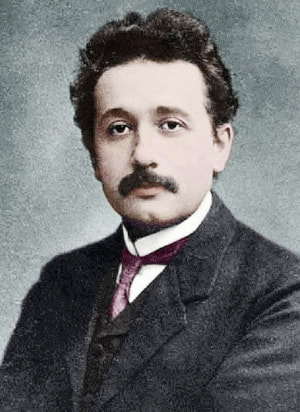 A hand-tinted photo of the young Einstein. From Flickr.com A hand-tinted photo of the young Einstein. From Flickr.com Einstein, who promulgated the revolutionary theory of relativity in 1916, was visiting the United States in 1933 when Adolph Hitler came to power and did not return to his native Germany. He took up residence in Princeton, N.J., where the Nobel Prize winner continued his research as a member of the Institute for Advanced Studies and died in April 1955, at the age of 76. Joseph Brainin was the son of Reuben Brainin, a Russian Jewish biographer, publicist and literary critic who died in New York City in 1939. Joseph died in 1970, at 74. The Brainin-Einstein collection is comprised of German and English typed and handwritten correspondence sent to and from Brainin and Einstein, his wife, Elsa, and secretary, Helen Dukas. Most are letters of transmittal, but they provide commentary on their enclosures, drafts or finished copies of speeches or statements that Einstein or his representative would deliver at fundraising dinners or read to the press. Some are more personal — and pointed. In April 1937, Einstein wrote to Brainin criticizing Dr. Karl Landsteiner, born Jewish but a Catholic convert who objected to his inclusion in “Who’s Who in American Jewry” and even sued to have his name removed. Einstein wrote Brainin that “Dr. Landsteiner’s attitude is unquestionably deplorable, indeed pitiable.” The relationship between Brainin and Einstein began to develop shortly after Einstein took up residence in the United States. The two men shared mutual philanthropic objectives and political sentiments and joined forces to heighten awareness of and raise money for the plight of war refugees and for charities in Palestine.  Einstein lived modestly in this house on Mercer Street in Princeton, where he taught at the University’s Institute for Advanced Study. Photo from Wikimedia Commons, the Einstein lived modestly in this house on Mercer Street in Princeton, where he taught at the University’s Institute for Advanced Study. Photo from Wikimedia Commons, the free media repository. Einstein would also be identified by his connection to and love for the Jewish people, which had gradually evolved, he later wrote, as the “strongest human attachment ever since I reached complete awareness of our precarious position among the nations.” Some letters contain details about the trajectory of Einstein’s relationship to the organizations with which both he and Brainin were associated. Lending his name as an enhancement to the boards of a number of labor organizations and Jewish philanthropies, Einstein served as honorary president of the American Committee of Jewish Writers, Artists and Writers (CWAS), possibly at the request of Brainin, who chaired its executive committee. One of many Russian-American friendship groups that flourished in the United States even before Russia joined the Allies during World War II, CWAS, and its Soviet counterpart, the Jewish Antifascist Committee, promoted Yiddish culture in both countries. As evidenced by the short speeches Einstein drafted and sent to for approval to Brainin, the physicist was committed to the organization’s mission for a number of years after the war ended, but he tendered his resignation on Aug. 16, 1948. By letter of Sept. 9, 1948, Einstein explained to Brainin that he was convinced that CWAS was turning into “a Jewish party organization” reflecting his own fears that the perception of Jews forging a union that crossed international borders would feed into the anti-Semitic stereotype of the influence of a worldwide Jewish cabal. Two years later, on April 21, 1950, Einstein complained to Brainin that he was still listed as honorary chairman on the committee’s letterhead. Eight days later, he resigned from the organization. Einstein’s letters to Brainin reference statements, including one he intended to make on behalf of the presidential campaign of former Vice President Henry Wallace, whose progressive politics and anti-nuclear platform aligned with his own views, and another, which was read on his behalf at the 1948 dedication of Poland’s first Holocaust memorial in the Warsaw Ghetto. Others focus on Einstein’s interest in Jewish music and theater. Throughout the correspondence, Einstein and Brainin write to each about their shared passion for the land then called Palestine. Einstein professed in his writings that this sense of belonging was integral to Jewish survival, and he emphasized in an essay that “the Jewish nation is a living fact … Zionism strengthens the self-confidence of the Jews” and he reiterated throughout his life that “Palestine creates a strong bond which gives the Jews moral support.” It was in 1921 that he joined his colleague Chaim Weizmann, then-World Zionist Organization president, on a successful trip in the United States to raise funds for Jerusalem’s proposed Hebrew University. Later, Einstein would present the University’s inaugural lecture. Throughout the 1930s, Einstein urgently promoted the Jewish homeland, as desperate Jews sought a means of escape from Europe. Soliciting contributions for the League for Labor Palestine, and Jerusalem’s Children’s Hospital, he concluded in a 1933 speech that the educated classes of German Jewish professionals who had settled there and were now working as artisans or farmers were perhaps best suited to be “in a position to create a healthy relationship with the Arab nation ... the support of labor also means the furthering of a human and worthy political policy.” One of the most interesting items in the YIVO collection is a typed document in English, with a handwritten date of February 1941. Headed simply “Einstein message,” it may have been prepared for one of the several Palestine advocacy organizations in which the two men were involved. In this speech, Einstein remarks that “Eternal calamity provides the ultimate test of the vitality or individuals or communities. … In but a few years’ time, the common destiny of all Jews has become a matter of course to all of us …. our responsibility [is] the upbuilding of Palestine as a center of Jewish life … may our love for our Palestine work therefore remain alive in our souls …” Einstein also expressed his hope for “a permanent understanding with the Arabs …” Also in the Brainin papers are several copies in English of Einstein’s January 1946 letter to the Zionist philosopher Martin Buber, written in their native German. In it, he condemns the British for imposing “restrictions on immigration, limitations on land acquisition by the Jews …” 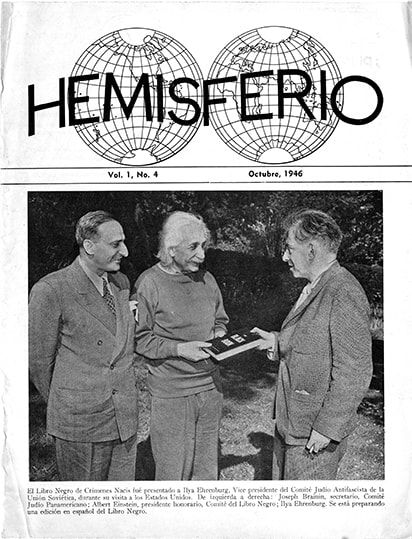 Photographed for the cover of this South American magazine, Joseph Brainin, far left, and Albert Einstein, posed with Ilya Ehrenburg, leader of the Jewish Antifascist Committee of the Soviet Union. Both men helped to promote its mission in the United States. Credit from the Archives of the YIVO Institute for Jewish Research, New York Photographed for the cover of this South American magazine, Joseph Brainin, far left, and Albert Einstein, posed with Ilya Ehrenburg, leader of the Jewish Antifascist Committee of the Soviet Union. Both men helped to promote its mission in the United States. Credit from the Archives of the YIVO Institute for Jewish Research, New York Agreeing with Buber’s positing of a two-state solution, Einstein also wrote to Brainin on Aug. 7, 1947: “As per your request, I am expressing my longstanding conviction that a bi-national form of government is the only just and expedient government form for Palestine. However, administration functions would have to be essentially handled by the United Nations for the foreseeable future, since political life in Palestine is thoroughly entrenched and the country is therefore not yet ripe for political independence.” In 1948, Einstein, along with many other Jewish Zionists who had endorsed and worked for Israel, publicly criticized an alleged massacre by the paramilitary Irgun faction in an Arab village during the War for Independence. In response, Einstein and Leo Baeck, the B’nai B’rith leader and theologian, in a letter to The New York Times called for mutual cooperation in an effort to avoid what they decried as “a futile war.” Rejecting what he felt to have been a transgression against Judaism’s moral code, and for some years after 1948, Einstein turned a critical eye to Israel but remained a supporter. Following the death of Chaim Weizmann, Israeli Prime Minister David Ben Gurion had a letter delivered to Einstein in Princeton in November, 1952, requesting that the physicist assume the Israeli presidency. In his answer, Einstein expressed his distress at having to decline, citing both his advanced age and what he considered his poor interpersonal skills. Just prior to his death, Einstein worked with Israeli diplomat Abba Eban to compose a message intended for a national broadcast on American radio and television but which was never recorded or delivered due to his failing health. Again citing Israel as the haven for the survivors of the Holocaust, Einstein hailed the country as a living monument which “actively engages the conscience of this generation.” A document evidencing the metamorphosis of his attitude to the Jewish homeland, the speech called attention to the “bitter paradox that Israel was threatened by dangers to its own security.” Einstein observed that the world powers endeavored to maintain the conflict in the Middle East as the wedge that would exacerbate the “struggle between East and West … It is anomalous that world opinion should only criticize Israel’s response to hostility, and should not actively seek to bring an end to the Arab hostility which is the root cause of the tension.” Sunday, Oct. 29 On Sunday evening, Oct. 29, participants from 20 countries began the leadership forum with a chance to meet each other and socialize and enjoy a scenic cruise on the Vltava River, Pictured above, welcoming everyone to Prague were: Daniel Citone, president, B’nai B’rith Europe (holding microphone), with Tomas Kraus, president, B’nai B’rith Renaissance Praha. Also shown are Gary P. Saltzman, president, B’nai B’rith International and Daniel S. Mariaschin, CEO and executive vice president, who welcomed all and, with Citone, also offered remarks on the following morning at the Opening Session. Saltzman said ”We hold our annual leadership forum every year to provide our members and supporters a chance to engage with business leaders and key government officials to express their concerns over issues such as anti-Semitism and incitement, and to learn about issues Israel and Jews around the world face.” Monday, Oct. 30 The menorah lighting ceremony included participants from around the world. B’nai B’rith International Senior Vice President Sheila Mostyn of Canada lights one of the seven candles. Minister Daniel Herman, of the Ministry of Culture, welcomed leadership forum participants to the Czech Republic to the first session on Monday, Oct. 30. Sessions took place at the Vienna Diplomat Hotel in Prague’s Diplomatic District. In his remarks, Daniel S. Mariaschin, CEO and executive vice president of B’nai B’rith International called for action during the 175th anniversary year, saying “Let us use our nearly 18 centuries of institutional commitment and action on behalf of the Jewish people and the State of Israel to lead the Jewish world in standing up for what is right, for us and for the broader Jewish community beyond, which we also serve. I look forward to working with each of you to build a stronger and ever-more-effective B’nai B’rith.” International President Gary P. Saltzman shared his vision for B’nai B’rith’s future. In the keynote address by Věra Jourová, EU commissioner, Justice, Consumers and Gender Equality, Czech Republic said “These values include preventing and combating all forms of anti-Semitism. Anti-Semitism is not only a threat for European Jews, but also runs counter to the values Europe holds dear. The EU and the Jewish community are united in their openness for diversity. We both cherish our diversity.” Her remarks may be read here. A panel discussion, "Developing B’nai B’rith Leadership – a Global Perspective" was moderated by Eric Book, chair of Leadership for B’nai B’rith International, seated at left. Diverse points of view were offered by six other B’nai B’rith leaders: (L-R) Rebecca Saltzman Barsheshet, chair, Marketing Committee; Eric Engelmayer, senior vice president for Europe; Jay Feldman, member, B’nai B’rith Executive Board of Directors and Managing Director, Alpha Epsilon Pi (AEPi) Foundation; Roberto Krochik, president, B’nai B’rith Isaac Rabin Unit, Argentina; Eduard Redensky, chair, Young Leadership; and Rachel Silvestain, vice chair, Young Leadership. The session, "B’nai B’rith International Cooperation in Israel," featured two presenters: Haim V. Katz, chair, B'nai B'rith World Center in Jerusalem, and Abraham Huli, international vice president, B’nai B’rith Israel and member of the B’nai B’rith World Center Executive Board. The speakers described efforts to recognize Jewish rescuers during the Holocaust and other programs. Later that evening, Huli offered another presentation before showing "Defiant Requiem," a documentary film about the resilience and courage of the prisoners at the Terezin a concentration camp near Prague sometimes also known by its German name, Theresienstadt. Participants in Prague also had the opportunity to take a day trip to visit Terezin prior to the start of the forum. The afternoon of Oct. 31 featured two panel discussions. The first, "Anti-Semitism in Europe: On the Rise?" had five panelists: Katharina von Schnurbein, coordinator on Combating Antisemitism, European Commission, from Germany; Gert Weisskirchen, chair, Central European Future Forum, from Germany; François Moyse, chairman, B’nai B’rith Luxembourg; Robin Sclafani, director, CEJI – A Jewish Contribution to an Inclusive Europe, USA/Belgium; Agnieszka Markiewicz, executive director, AJC Central Europe, of Poland; and Ilan Cohn. project manager, OSCE ODIHR, Israel It was moderated by Pavel Fischer, director, STEM, Member, Program Council, Forum 2000 Foundation of the Czech Republic. Von Schnurbein, pictured above, stressed the importance of the European Union’s Resolution on Anti-Semitism. "Israel on the Global Stage" was the topic addressed at the forum on Monday afternoon. Pictured above (L-R) are panelists Daniel S. Mariaschin, CEO and executive vice president, B’nai B’rith International; Daniel Martin Meron, ambassador to the Czech Republic, Israel; Shlomo Avineri, professor of Political Science, The Hebrew University of Jerusalem, member, Program Council, Forum 2000 Foundation, Israel; Daniel Schueftan, director of the National Security Studies Center at the University of Haifa; Israel/Germany. Jiří Schneider, executive director, Aspen Institute Central Europe, Czech Republic; and Tomáš Pojar, vice president for International Relations, CEVRO Institute, Czech Republic who served as the moderator. Tuesday, Oct. 31 “Changing the Face of Europe: Terrorism, Populism, Radicalization” was the first of two panel discussions specifically addressing challenges in Europe. Panelist Daniel Schueftan, director of the National Security Studies Center at the University of Haifa, Israel, pictured above, said “We need to strengthen the middle of the political spectre. It is difficult but this is the way out" released on Twitter after the session. The panel also featured Zdeněk Kalvach, RFE/RL deputy director of Corporate Security, Founder, Soft Targets Protection Institute in the Czech Republic and Agnieszka Markiewicz, executive director, AJC Central Europe, of Poland. The moderator was Alexandr Vondra, director, Prague Centre for Transatlantic Relations (PCTR), member, Board of Directors, Forum 2000 Foundation in the Czech Republic. The topic for the Closing Plenary was "The Future of Minority Communities in Western Societies." Pictured above, Michaela Marksová, minister of Labour and Social Affairs of the Czech Republic, speaking from the lectern. Seated from L-R, are Libor Rouček, former vice-president, European Parliament, co-chairman, Czech-German Discussion Forum, Czech Republic, who moderated a discussion with: Karel Schwarzenberg, former minister of foreign affairs, Czech Republic; Gary P. Saltzman, president, B'nai B'rith International; and Gert Weisskirchen, chair, Central European Future Forum, Germany. Czech Republic Former Minister of Foreign Affairs Karel Schwarzenberg and B'nai B'rith President Gary P. Saltzman confer before the panel discussion on minority communities. On Tuesday afternoon, B’nai B’rith Europe held the first session of its triennial convention to address business issues, consider reports and resolutions and conduct elections.
The leadership forum concluded with a Gala Dinner, held at the historic Rudolfinum, now home to the Czech Philharmonic. Above, Young Leadership Network participants pose for a photo on the ceremonial stairway leading to the cultural institution’s art galleries. The evening’s program included remarks by David Mareček, director general of the Czech Philharmonic; Tomáš Kraus, president, B'nai B'rith Renaissance Praha; and Olga Menzelová, a film producer in the Czech Republic. It featured a musical performance by Ivo Kahanek, playing the Piano Sonata by Gideon Klein. Klein wrote the sonata at age 24, while imprisoned at Terezin in 1943. A performance of the sonata by Kahanek at a different venue is posted here On Wednesday, Nov. 1, B’nai B’rith Europe concluded its triennial convention, under the leadership of newly-elected president Serge Dahan, of France.
Planning is already underway for the 2018 International Leadership Forum, which will also celebrate the 175th anniversary of B’nai B’rith. Photographs were taken by Sunday: Ms. Eva Kořínková, Keynote. Monday and Tuesday: Mr. Ondřej Besperát, Keynote. PLANNED GIVING By Marna Schoen
Attending Harvard Business School was an extraordinary, transformative experience. The diversity of his class with its large international student body created a rich learning and social environment. The atmosphere and approach to learning, using the case method, set the stage for his life. Ed was graduated in 1959, and remains close to the University and the Business School, in particular. As he was growing up in New York, Judaism was an important and largely secular experience for Ed. He belonged to a local synagogue where he had his bar mitzvah. “I always identified with Judaism, Jewish causes and tikkun olam.” After Harvard, Ed enlisted in the Air Force Reserves. He entered as an airman basic, was commissioned as a first lieutenant and was later promoted to captain. He continued with reserve duty for a number of years.
Ed met his beloved wife, Arlene Petroff, in East Hampton in 1969. At that time, Ed was still in advertising and Arlene was Director of Home Fashion for JCPenney. Ed and Arlene Grossman shared a love of the arts and bought a house in Sheffield, Mass., where they took full advantage of the cultural activities in the Berkshires, including Tanglewood Music Festival and Jacob’s Pillow Dance Festival. They commuted frequently from their Upper West Side apartment to their home in Sheffield. When Arlene was diagnosed with breast cancer in 2007, the Grossmans decided to actively engage in estate planning, focusing their support on medical research, performing arts, social welfare, the environment and Judaism. They selected the organizations to which they’d leave the bulk of their estates. The list includes the Weizmann Institute of Science, Memorial Sloan Kettering Cancer Center, the Rockefeller University, Harvard Stem Cell Institute, the Harvard MD/MBA program, UConn Health Care, Breast Cancer Research Foundation, The Nature Conservancy, New York Community Trust, Juilliard and B’nai B’rith International. “I always liked what B’nai B’rith did, and what they stood for. I’m big on tikkun olam, and it seemed that B’nai B’rith was a Jewish organization devoted to a lot of social welfare causes. B’nai B’rith struck a resonant note with us. I’ve been a supporter for almost 40 years.” Ed and Arlene were together for 43 wonderful years at the time of her passing. Arlene’s legacy lives on in the organizations she and Ed so thoughtfully and purposefully committed to for generations to come. For more information on how to leave a legacy with B’nai B’rith through your will or trust, please contact the Planned Giving office at (800) 656-5561; or by e-mail at plannedgiving@bnaibrith.org.
By Felice Caspar The B’nai B’rith Shalom Menorah Unit in the Melbourne, Australia suburb of Caulfield, has, for 22 years, organized an annual arts show and competition. It provides Jewish students with an extraordinary opportunity to showcase their talent and win prizes and scholarships. This year, students aged 11 to 18 submitted more than 200 paintings, sculptures, ceramics, mixed and digital media. The 2017 exhibition was held in the Glen Eira Arts Complex in August. Leah Black, chair of the Shalom Menorah Unit Jewish Art Competition Committee, welcomed a large crowd to the opening and award ceremony. Three councillors from the city and representatives from other organizations were recognized and appreciation was extended to the sponsors, advertisers and art judges. A special expression of gratitude was given to the event’s honorary patron, Lady Anna Cowen. The program’s featured speaker was Sonia Payes, an award-winning sculptor, photographer and new media artist whose works have been exhibited in Los Angeles, London, Shanghai, Auckland, Brisbane, Perth and in her hometown of Melbourne. The artist spoke of the value of encouraging young people to express their creativity. She presented the Bencjan Rozencwajg Memorial Scholarship for the work that showed the most potential to Natasha Kane, of the King David School.
“His interest in fostering art amongst Jewish youth was prompted by watching his grandson's artistic abilities developing. He realized that to encourage the interest and confidence of children in art there must be interaction with the public.
“Having been a member of B'nai B'rith for some time, Morrie felt it was the right organization to fulfill his wish of running an Annual Jewish Youth Art Competition. And so this competition was born. Morrie Gold died in 1993 and is survived by his wife Marie, two daughters and grandchildren.” His bequest to B'nai B'rith inspired this annual Jewish youth art competition. By Felice Caspar In presenting the Jewish Person of the Year award annually since 1951, the B’nai B’rith Isadore Garsek Lodge #269 of Fort Worth, Texas has a tradition of recognizing innovation and altruism. The awards dinner invitation encourages nominations of an individual who has performed extraordinary service to the Jewish and Fort Worth communities. The honoree’s name is a well-guarded secret not revealed until the presentation of the prestigious award at the dinner. 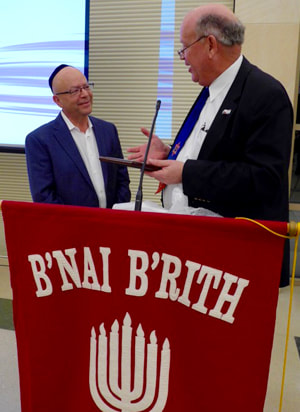 At right, Jeff Kaitcer, awardee in 1998, presents the Jewish Person of the Year At right, Jeff Kaitcer, awardee in 1998, presents the Jewish Person of the Year award to Jeff Hochster. On Oct. 22, Jeff Hochster was so honored. Lodge President Rich Hollander described Hochster as “a mensch, a man with an unwavering and uncompromising Jewish heart. Those two attributes are the foundation for his Jewish involvement.” The head of a western-wear company, Hochster donates new merchandise to several programs serving the disadvantaged. He has served on day school, congregation, Federation and other boards and supports even more organizations’ social welfare programs. Describing Hochster as a lifelong Zionist and a passionate supporter of Israel, Hollander shared a story that aptly illustrated his outgoing nature and kindness. “He took it upon himself to introduce himself to two lone Israeli pilots wandering around Fort Worth some years ago, invited them to dinner and ultimately hosted them for an entire year during their training at Carswell Air Force Base. Here in Fort Worth, he made them part of his family.” As senior director of governmental relations for Lockheed Martin Aeronautics, guest speaker Eric Fox was able to share an inside perspective about the F-35 fighter aircraft. In Fort Worth, this factory employs thousands of highly-skilled workers to produce these planes for the United States, Israel and other armed forces. In Israel, the F-35 is called the Adir, which means “awesomeness” in modern Hebrew. 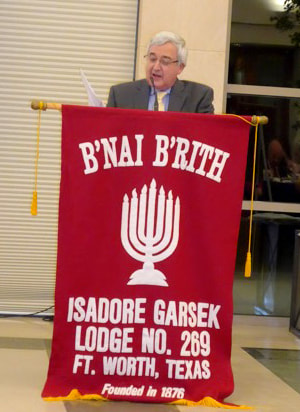 Robert Chicotsky, member, B’nai B’rith International Board of Governors. Robert Chicotsky, member, B’nai B’rith International Board of Governors. Robert Chicotsky, Texarkoma Region Representative to the B’nai B’rith Board of Governors, conducted a memorial tribute to the people who passed away during the past year from surrounding Jewish congregations. The evening’s program included a segment, “Hats Off to B’nai B’rith” by Dan Sturman, second vice president of the lodge. Sturman spoke about the lodge’s many social programs, including publishing a Jewish community directory, providing scholarships to Jewish youth, providing Passover and Thanksgiving dinners to Jewish seniors, and several hundred meals, plus clothes and toys for a homeless shelter. Earlier in evening it had been noted that Fort Worth is home to two B'nai B'rith Senior Housing apartment communities, and that the lodge provides services and hosts holiday programs to enhance the lives of the residents. Rich Hollander spoke about a new lodge program for spring. In reaction to an alarming growth of anti-Semitism globally, lodge leadership conceived of the first annual City Seder to foster understanding by sharing a meal and Passover traditions with the larger Fort Worth community. The free-by-invitation event will be held at the Will Rogers Center for more than 300 guests and a special Haggadah is being prepared. Planning is underway with local leaders and the Mayor’s Council on Community Affairs. Hollander closed by saying that B’nai B’rith and the Isadore Garsek Lodge are “like Uncle Sam, we want you … We are about getting things done. … Get involved in our community, you will find, as I have, that it is rewarding, in ways you simply cannot understand until you do it.” When new B’nai B’rith International officers are elected, the Board of Governors may elect the outgoing president to serve as an honorary president. For the remainder of their lives, these leaders share their treasure trove of experience and expertise with the current leadership. As B’nai B’rith commemorates its 175th anniversary and celebrates its legacy of accomplishments, we asked the eight living honorary presidents to reflect on the most significant events during their presidential terms, to be published in chronological order. In this issue, we feature: Gerald Kraft B’nai B’rith President (1982-1986) I take pride in B’nai B’rith achievements on behalf of Soviet Jewry during the early-mid 1980s, including its organization and implementation of the history-making 1984 International Day of Concern and Solidarity for Soviet Jewry, when 110 worldwide communities participated. We were in the forefront of activities during the November 1985 Geneva summit, when hundreds of congregations conducted special services and observed a minute of silence. Later, England’s Prime Minister Margaret Thatcher told me how impressed they were with our initiative. Three of 24 state visits in which I participated stand out: meeting German Chancellor Helmut Kohl after U.S. President Ronald Reagan’s controversial 1985 visit to the Nazi officers’ cemetery in Bitburg, Germany; a conference with Egypt’s President Hosni Mubarak focusing, not on Israel but on the military aid his country was receiving from the United States; and a South African trip in connection with American sanctions imposed during apartheid. Perhaps the most emotional experience of my presidency occurred during a November 1984 Thanksgiving celebration in Ethiopia, when B’nai B’rith was involved with the first airlift of Ethiopian Jews to Israel. Assisted by the Jewish Agency, France’s President Jacques Mitterrand, U.S. Vice President George H.W. Bush and Reagan, this monumental undertaking continued as we worked with then Prime Minister Shimon Peres and the Chief Rabbis to settle the refugees in their new country. Seymour D. Reich B’nai B’rith President (1986-1990) It was an honor for me to lead our organization as B’nai B’rith rallied the world community to acknowledge the plight of Russian Jews, suffering as prisoners in their own country, and enduring harsh punishments for practicing their faith. In 1986, I boarded a small chartered plane as part of a consortium of Jewish leaders bound for the historic Reagan-Gorbachev summit in Reykjavik, Iceland. There we made our voices heard during a press conference covered internationally. Human rights issues were incorporated into the summit discussions. We traveled back to the States on the same day, Oct. 10. This was one of my proudest memories. I had another marathon trip in November 1988. I was to participate in the dedication of a footbridge constructed by B’nai B’rith in Jerusalem. But U.S. President Ronald Reagan had requested my attendance at a special White House meeting focusing on Jewish concerns. I returned to the air at 1 a.m., and flew for 17 hours to keep the appointment. While I was away from Israel, my wife Helyn became my able representative at the festivities, where, along with B’nai B’rith leaders and Jerusalem Mayor Teddy Kollek, she left her handprints in the bridge’s wet cement for posterity. Kent E. Schiner B’nai B’rith President (1990-1994) 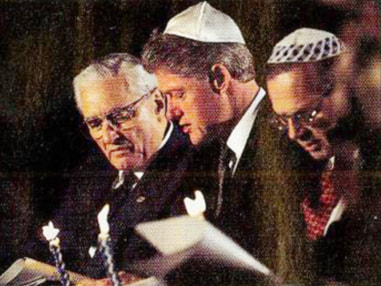 President Bill Clinton participates in the Havdalah President Bill Clinton participates in the Havdalahservice with B'nai B'rith Hon. President Jack J. Spitzer (right) and B'nai B'rith President Kent E. Schiner (left). B’nai B’rith’s reputation as a powerful voice of the Jewish people was called into action in 1990, shortly after I was elected, when Lebanon fired Scud missiles at Israel. While we were there, we had our first experience with gas masks and warning sirens. We were in three missile attacks, so we know the feeling of anxiousness and concern for the safety of its people. During this trip, which was unprecedented in scope, Dan Mariaschin, then Director of Public and International Affairs, and I met with European heads of state, including German Chancellor Helmut Kohl, Austrian Chancellor Franz Vranitzky, Czechoslovakian President Vaclav Havel, Polish President Lech Walesa, and, in Israel, Prime Minister Yitzhak Shamir. There were some special, gratifying moments. Walesa delivered an impromptu denunciation of anti-Semitism, vowing to eliminate it in Poland. At our suggestion, Chancellor Vranitzky sent Israel emergency aid, and Havel agreed to be honored at a Washington, D.C. dinner. I spoke at the opening of the Prague lodge, the first in Czechoslovakia in more than 50 years. Then, as now, B’nai B’rith continues to advocate for Israel globally with government officials and others. In 1993, more than 1,000 guests attending our 150th anniversary Havdalah service at the Jefferson Memorial heard a superb cantor and choir, stirring words from "Exodus" author Leon Uris and — the evening’s high point — President Bill Clinton’s speech praising our humanitarian mission. Greats, including former Israeli Foreign Affairs Minister Abba Eban and French leader and humanitarian Simone Veil, celebrated that milestone year with us. I was honored to be a part of our organization’s history. FROM THE PRESIDENT By Gary P. Saltzman, B’nai B’rith International President 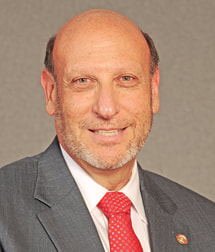 At some point in time after a tornado, an earthquake, a tsunami or a hurricane devastates an area, people outside the impacted region move on to focus on other things. The media lose interest. And the rest of us — without the constant barrage of videos, photos and social media posts showing us the level of the ongoing trauma — tend to forget as well. At B’nai B’rith, we don’t forget. We stay to help after first responders have moved on to the next disaster. Disaster relief is a mainstay of our global efforts. In the 1860s, we took our first steps in establishing what is now more than 150 years of disaster aid. Of course, this fall was busy on the weather front this year. We all have images from Hurricanes Harvey, Irma and Maria, and their aftermath, in our mind’s eye. Those images are hard to shake. Talking to people who lost family, homes, schools and/or houses of worship invigorates our attention to this area of our work. With weather scientists noting we are likely now in a period of increased weather extremes, the need for assistance will only grow. And our commitment to helping will remain steadfast. B’nai B’rith major relief efforts focus on long-term rebuilding. by providing funds as well as people power. Joining with the Alpha Epsilon Pi (AEPi) fraternity for more than a decade, we have provided key assistance after disasters big and small. Not all natural disasters make the national news. But you can be sure that for a community hit by a tornado or a flood, the level and nature of the impact is all consuming. The variety of our aid is vast. The level of devastation we assist with is wide. We joined with AEPi to provide muscle-power to help clean out and rebuild a park after Hurricane Katrina. This boots-on-the-ground work was in addition to the $1.1 million we raised to assist New Orleans and the Gulf Coast after the twin monumental storms, Katrina and Rita, powered through the region. We sponsored a team from AEPi that visited an Oklahoma community wracked by tornadoes in 2013. There the team helped tear down a severely storm-damaged barn, preserving the wood for the farmer, along with providing other labor. This show of force reduced what could have been a week of labor had only a few hands been involved to just a day to get the job done. In fact, disaster relief is a big point of agreement with AEPi, which chose our organization to receive a $100,000 grant over five years to continue our disaster relief work. Our relief work is global. We are a founding partner of IsraAID, the Israel Forum for International Humanitarian Aid, and we have funded projects and supplied people-power for aid programs around the world. And for nearly 16 years, we have partnered with the Brother’s Brother Foundation, to bring tens of millions of dollars worth of medicines and supplies to Latin America. Our Young Leadership Network has been particularly involved in our disaster assistance programming. From meet-and-greet fundraisers to aiding a community, to hands-on help, our dedicated young leaders know the value of Tikkun Olam — to repair the world. After Hurricane Sandy in New York, for instance, they donned goggles and gloves and hammered, swept, pulled up rotting floor boards and hauled materials to help a community get back on its feet. Another aspect of our disaster relief efforts is to use contacts we have or we work with in impacted areas to assess needs and create a long-term rebuilding plan. Unmet needs are our specialty. Between 2000 and 2010, the B’nai B’rith Disaster Relief Fund responded to several major disasters by raising and distributing $2.3 million for emergency relief and rebuilding efforts. We integrate our disaster relief efforts into other aspects of our global assistance work. We organized teams to create and package disaster readiness kits. We distribute these to B’nai B’rith senior housing communities in places such as south Florida, so residents there would have ready access to flashlights, pill kits and water when a disaster strikes. As we work with local assistance groups, we determine the best use of our resources. In Louisiana last year, it was supplying books and school supplies to children who lost those tools in a flood. Some of our top leaders pitched in, gloves and masks on, to muck out flooded houses to prepare them for rebuilding. Also last year, we chose to underwrite a disaster relief supply vehicle. Thanks to our gift, the utility truck will be outfitted with tools, supplies and equipment and it will be ready, through NECHAMA Jewish Response to Disaster (our partner on the ground), to move into a disaster area quickly.
Of course, natural disasters know no geographic boundaries. Our assistance spans the globe. In 2004, we raised $850,000 to help areas affected by the South East Asia Tsunami. In 2010, we raised $250,000 to help after a massive earthquake decimated Haiti. Some of those funds were used to help create a local farming community for residents to have a reliable food supply. In 2010, after the Japan earthquake and tsunami, we provided trauma counseling to people in the regions that were most devastated by the catastrophe. Natural disasters are truly the ultimate equalizer. They don’t care where you live, if you are rich or poor, what your religion is. They just force people into extreme circumstances. Our more than 150 years of helping around the world is a point of pride around here. Join our efforts. To learn more about B’nai B’rith Disaster Relief and to donate to our ongoing funds, visit: http://www.bnaibrith.org/disaster-relief.html and http://www.bnaibrith.org/disaster-relief-newsletter/2017-disaster-relief-report |

